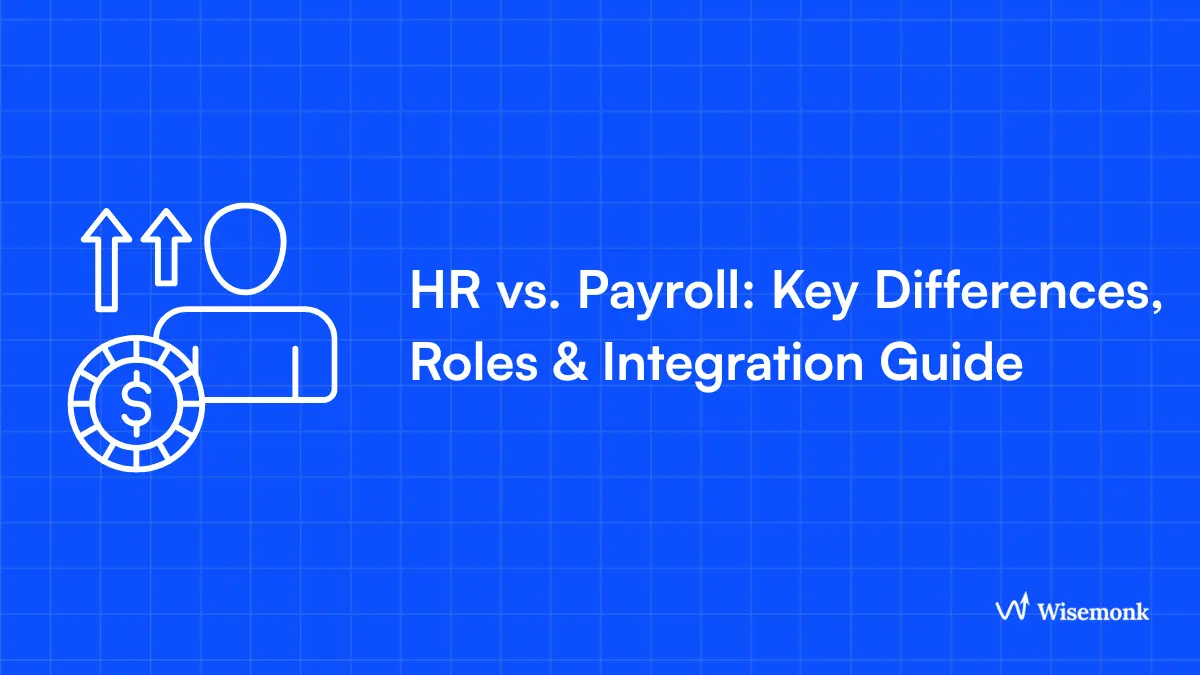- BPO call centers are teams that handle outsourced customer service operations for businesses.
- Inbound and outbound services are key offerings, ranging from answering customer queries to telemarketing and telesales.
- BPO call centers are broader than traditional call centers, as they handle both customer-facing and non-customer-facing business functions.
- Businesses can save costs, scale operations quickly, and access global talent by partnering with a BPO call center.
- Selecting the right BPO provider involves evaluating their industry experience, technology, and data security practices.
Managing a growing volume of customer calls, especially when expanding into new markets or during peak seasons, can strain your in-house team. Add to that the complexity of managing compliance, training, and keeping up with demand, and it’s no surprise that many businesses are turning to BPO call centers for support.
We understand the pressures you're facing when it comes to customer service. You need a solution that reduces the burden on your team, lowers costs, and scales smoothly as your business grows.
In this blog, we’ll understand the BPO call center, explore the services BPO call centers provide, and share how these solutions can help you organize your operations, improve customer satisfaction, and ultimately drive business growth.
What is a BPO Call Center?
A BPO call center is a specialized team that takes care of certain business functions for clients, primarily focusing on inbound and outbound customer calls. When you partner with a BPO call center, you're outsourcing your customer-facing tasks, such as support, sales, order processing, and more, to a team of experts.
These agents are trained to handle a wide range of customer inquiries, ensuring your customers receive quick, efficient, and professional service without you needing to build a team internally. The result? Your business benefits from cost-effective solutions, scalability, and access to specialized skills without the overhead of in-house recruitment and training.
Now, let’s see the different types of BPO call centers and the key services they offer to help businesses with their operations.
Types of BPO Call Centers and Key Services Offered

BPO call centers are typically divided into inbound and outbound services, each serving distinct business needs.
Here’s how each type of service works and what they offer.
1. Inbound Services
Inbound services are focused on receiving calls and assisting customers with their needs. These services are essential for businesses that receive a high volume of customer inquiries, support requests, or orders.
- Answering Support Queries: BPO call centers handle customer questions about products, services, or technical issues, ensuring that customers receive accurate and timely information.
- Processing Orders: Many businesses allow customers to place orders via phone. BPO call centers efficiently manage this process, including entering customer details, confirming orders, and coordinating with the fulfillment team.
- Providing Dispatch Services: In industries like transportation, BPO call centers are responsible for dispatching services, such as booking taxis or coordinating deliveries, ensuring customers receive prompt and reliable assistance.
2. Outbound Services
Outbound services involve proactive calls made by BPO agents to customers. These services are typically sales-focused or used for market research and customer outreach.
- Telemarketing: BPO call centers make outbound calls to promote products, services, or special offers, helping businesses reach new customers or generate leads.
- Telesales: These services go a step further by focusing on closing sales through phone calls, helping businesses convert leads into customers.
- Market Research: Many BPO call centers conduct market surveys to gather customer feedback, assess satisfaction, or collect insights into market trends, providing valuable data to improve business strategies.
Next, we will understand how these centers actually operate and integrate into your business processes to deliver smooth customer support.
How does a BPO Call Center Work?
Understanding how a BPO call center works is essential for any company considering outsourcing its customer service operations.
Let’s see the core steps involved in how a BPO call center works.
The Process of Outsourcing to a BPO
Outsourcing to a BPO call center follows a clear process to ensure alignment with your business goals.
- Identifying Needs: The first step involves assessing your current customer service operations. What functions are you struggling with? Do you need help with inbound customer support, outbound sales, or both?
- Selecting a BPO Provider: Once you’ve identified your needs, the next step is choosing the right BPO provider.
- Integration: After selecting a provider, the BPO team is integrated into your operations. This may involve training, setting up systems, and ensuring clear communication between your internal team and the outsourced call center.
Technology Integration
A major reason BPO call centers are effective is their use of advanced technology. Here’s how these tools contribute to simplifying operations:
- CRM (Customer Relationship Management): BPO call centers use CRM software to manage customer interactions and store detailed customer data. This enables agents to provide personalized service and track customer history.
- IVR (Interactive Voice Response): IVR systems allow customers to interact with an automated system before reaching a live agent. This helps resolve simple queries quickly and frees up agents for more complex tasks.
- ACD (Automatic Call Distribution): ACD systems route calls to the most appropriate agent based on predefined rules, ensuring that customers get to the right person with minimal wait time.
BPO Call Center Workflow
The actual workflow in a BPO call center is designed to ensure efficiency and high-quality service. Here’s how it typically works:
- Call Reception: When a customer calls in, the ACD system automatically routes the call to the most qualified agent based on factors like the agent’s expertise or the customer’s issue.
- Automated Assistance: If the issue is simple, the IVR system may guide the customer through a series of prompts to resolve the issue without human intervention.
- Agent Interaction: If the issue requires a live agent, the agent accesses customer information through the CRM system, allowing for a quick and informed conversation.
- Resolution and Follow-Up: After the issue is resolved, the call is logged into the CRM system for follow-up and future reference, ensuring the customer’s problem is tracked and managed efficiently.
After understanding how a BPO call center operates, it’s important to clarify how it differs from a traditional call center, as this distinction can help you choose the best solution for your business needs.
BPO vs Call Center – Key Differences
BPO call centers and traditional call centers may seem similar, but they are distinct in various ways. Understanding these differences can help you make a more informed decision about which service best fits your business needs.
Here's a detailed comparison between the two:
Next, let's understand the pros and cons of working with a BPO call center, so you can weigh the benefits and challenges before making a decision for your business.
Pros and Cons of BPO Call Centers
When considering whether to partner with a BPO call center, it’s essential to evaluate the benefits and potential drawbacks.
Once you understand the benefits and challenges, the next crucial step is selecting the right BPO call center partner.
How to Choose the Right BPO Call Center Partner
Choosing the right BPO call center partner is crucial for ensuring that your customer service operations run smoothly and effectively. To make the best decision, there are several key factors to consider:
Key Factors to Consider When Selecting a BPO Provider
When evaluating a potential BPO call center partner, it’s important to look beyond just cost. Focus on these key factors:
- Industry Experience: Ensure the provider has experience in your specific industry. Whether you're in tech, healthcare, or retail, a BPO that understands the nuances of your sector will provide better service and adapt more quickly to your needs.
- Technology: The right BPO call center should be equipped with advanced technology like CRM systems, IVR, and ACD to ensure smooth operations. This ensures that customer interactions are handled efficiently and that your business has the tools needed for scalability.
- Data Security: With the increasing importance of customer data protection, it’s essential to choose a BPO provider that follows the highest standards of data security. Look for providers with certifications and protocols in place to protect sensitive information.
- Client Reviews: Reviews and testimonials from other businesses can provide valuable insights into the provider’s reliability, service quality, and customer satisfaction levels.
Effective Vendor Research for a Reliable BPO Partner
Thorough research is key when selecting a BPO call center partner. Consider these steps:
- Track Record: Investigate the provider's history of performance. How long have they been in business? What industries have they worked with? A provider with a proven track record of delivering high-quality services is more likely to meet your expectations.
- Security Protocols: Understand the security measures the BPO provider uses to safeguard your data and your customers' information. This includes encryption, secure access controls, and compliance with industry regulations.
- Technology Integration: A strong BPO provider will smoothly integrate with your existing systems, such as your CRM or order processing platforms. Make sure they have experience working with the technologies you use and can implement them without disruption to your operations.
Next, let’s talk about trends shaping the future of BPO call centers and how they can drive more efficient, customer-focused operations.
Trends Shaping the Future of BPO Call Centers

BPO call centers are driven by new technologies and changing customer expectations. Here’s a look at the key trends that are shaping the future of BPO call centers:
1. AI & Automation
AI and automation are becoming increasingly integral to BPO call centers. These technologies help simplify customer interactions, reduce operational costs, and improve efficiency.
- AI-powered chatbots can handle routine inquiries and provide instant support.
- Predictive analytics helps anticipate customer needs based on previous interactions.
2. Omnichannel Support
Customers now engage with businesses across a variety of platforms. Omnichannel support ensures smooth communication, whether it's via phone, email, chat, or social media.
- Integration of all communication channels into a single platform ensures a consistent customer experience.
- BPO providers are adapting to provide support on the platforms customers prefer, enhancing convenience.
3. Remote Work
The shift to remote work has significantly impacted BPO call centers, offering greater adaptability and access to a global talent pool.
- Remote teams enable 24/7 support by working across multiple time zones.
- The ability to hire from a global pool of talent helps businesses manage costs and scale operations.
As these trends emerge, BPO call centers will continue to be an essential partner in delivering efficient, high-quality customer service.
Conclusion
Customer service is constantly evolving, with BPO call centers providing support to help businesses manage customer interactions effectively. By using advanced technology, these centers offer both inbound and outbound services, helping companies reduce costs, scale operations, and improve service quality.
For many businesses, the challenges extend beyond customer support. Issues like managing local compliance, handling payroll, and recruiting talent in new markets often become obstacles to growth. These tasks can eat up valuable resources, making it harder to focus on scaling operations and driving innovation.
Wisemonk solves this by offering Employer of Record (EOR) services that handle compliance, payroll, recruitment, and more. With Wisemonk, you can manage and expand your workforce globally without the complexity of setting up local entities or dealing with administrative burdens.
Frequently asked questions
What are the main differences between a BPO call center and a traditional call center?
A BPO call center encompasses a broader range of services beyond customer support, including back-office functions like HR, payroll, and data entry. In contrast, a traditional call center primarily focuses on handling inbound and outbound customer calls.
How do BPO call centers ensure data security and compliance?
BPO call centers implement stringent data security measures, including encryption, secure access controls, and regular audits, to protect sensitive information. They also adhere to industry-specific compliance standards like GDPR, HIPAA, or PCI-DSS, depending on the nature of the business.
Can BPO call centers provide multilingual support?
Yes, many BPO call centers offer multilingual support to cater to a diverse customer base. They employ agents proficient in multiple languages and utilize translation tools to ensure effective communication across different regions.
What industries benefit most from BPO call center services?
Industries such as telecommunications, healthcare, retail, finance, and technology often benefit from BPO call center services due to their need for scalable customer support, cost efficiency, and specialized expertise.
How do BPO call centers handle high call volumes during peak seasons?
BPO call centers manage high call volumes by scaling their operations, increasing the number of agents during peak periods, and utilizing automated systems like IVR and ACD to efficiently route calls and reduce wait times.
What is the trend in contact centers in 2025?
AI-driven chatbots, omnichannel support, cloud-based systems, and personalization are shaping contact centers in 2025.
What is the 80/20 rule in a call center?
The 80/20 rule means 80% of calls should be answered within 20 seconds, a standard service level benchmark.
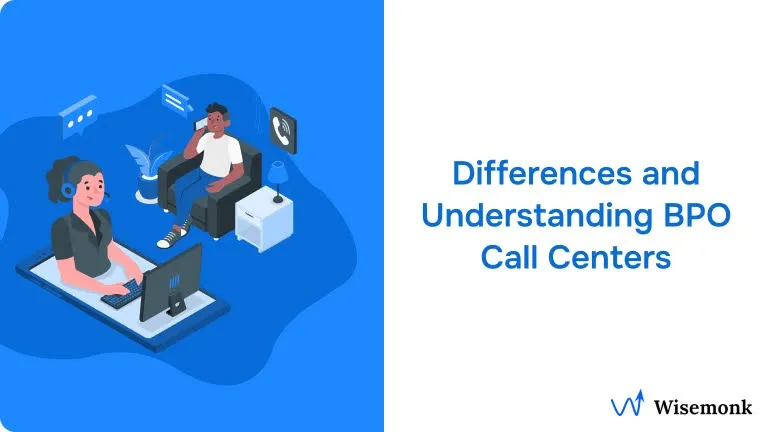


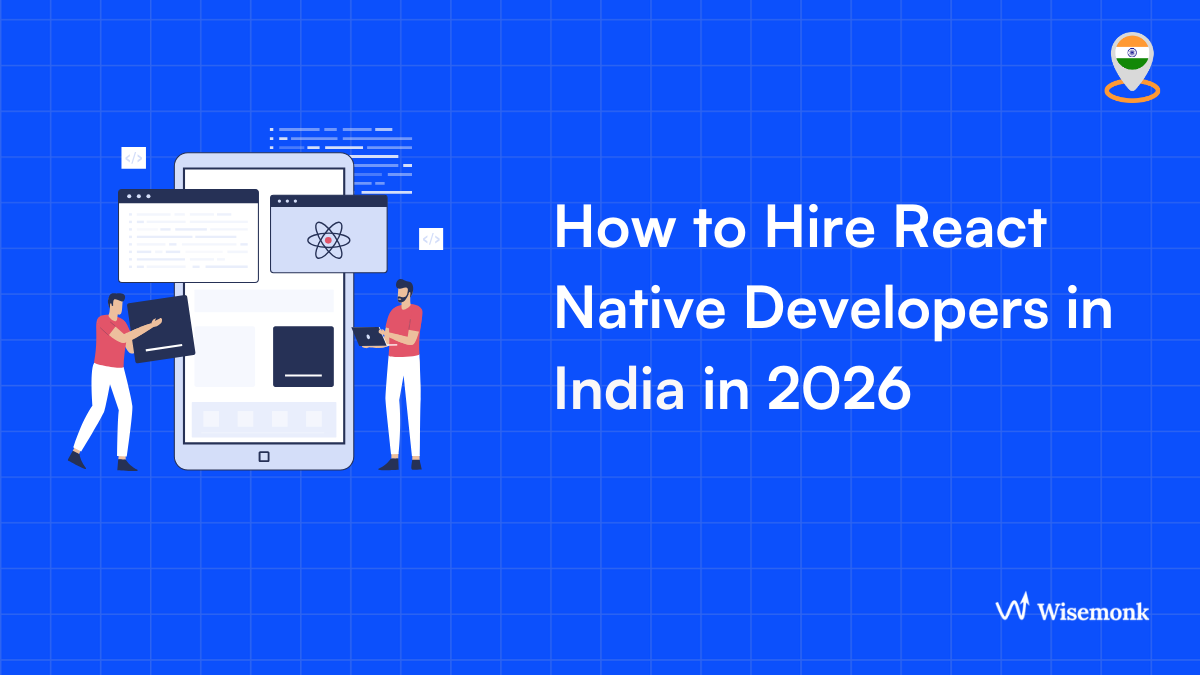
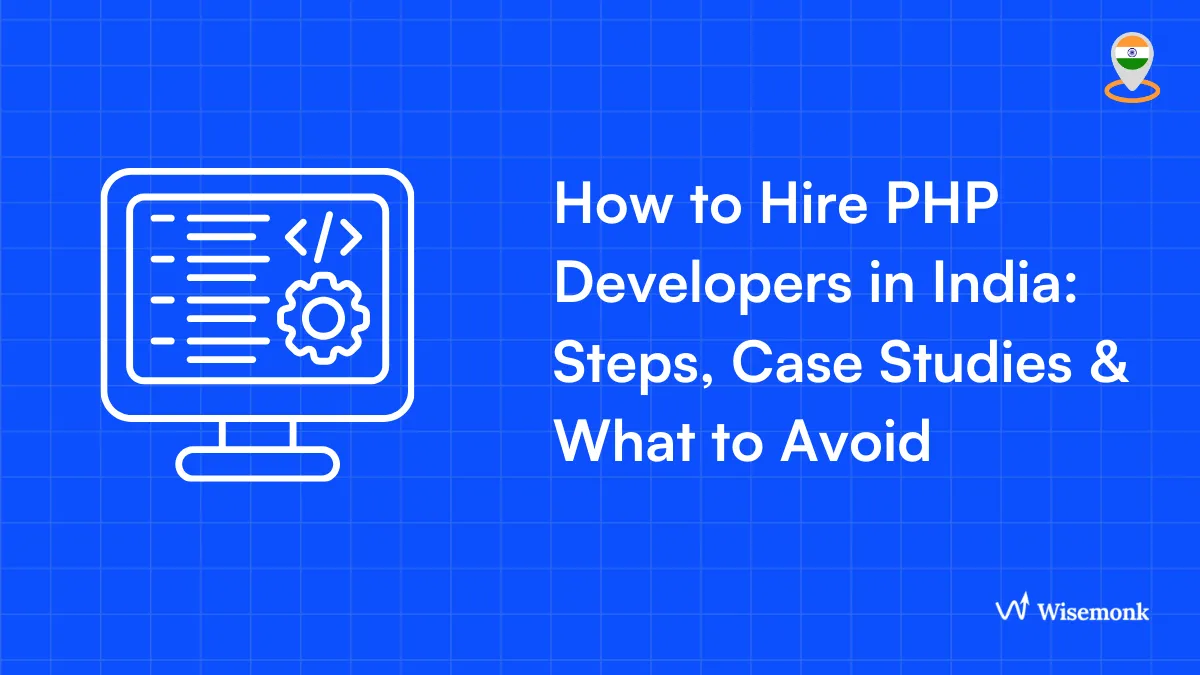
.webp)
.webp)

.webp)
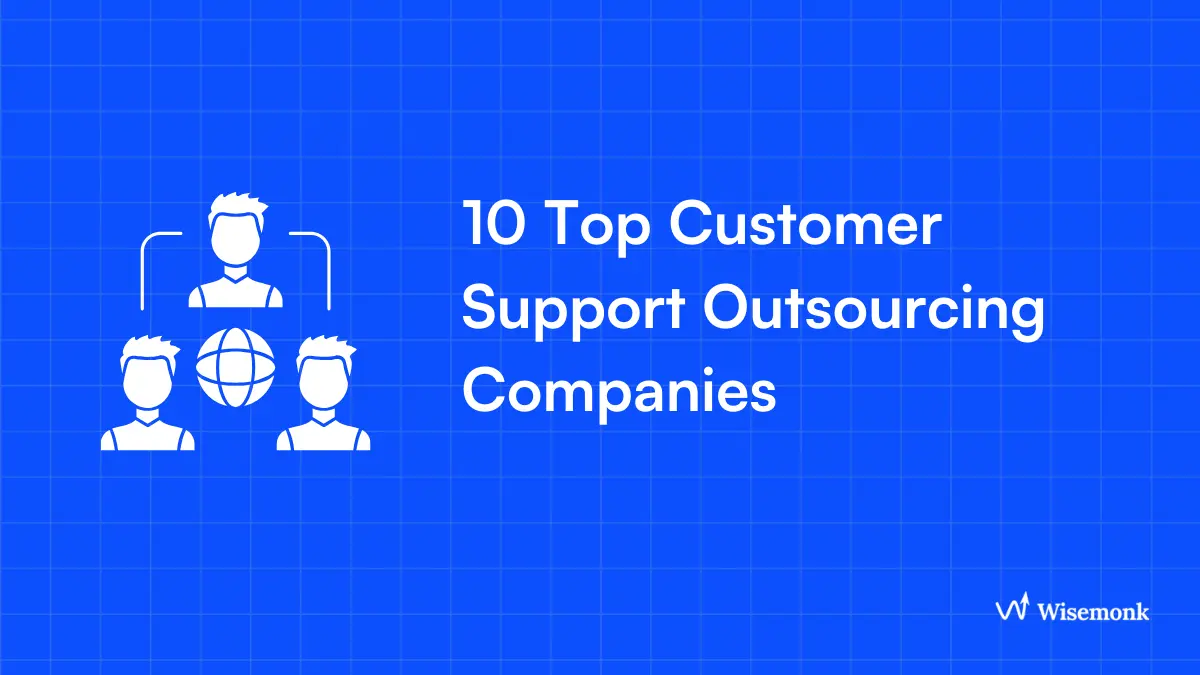
.webp)

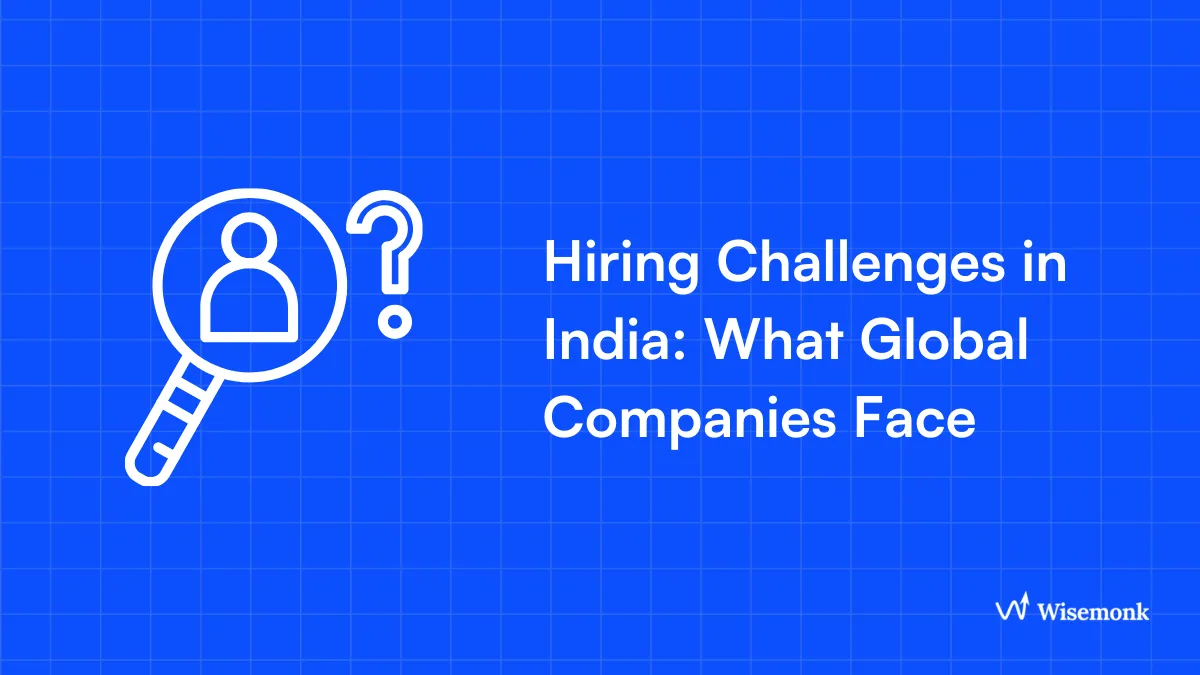

.webp)
.webp)
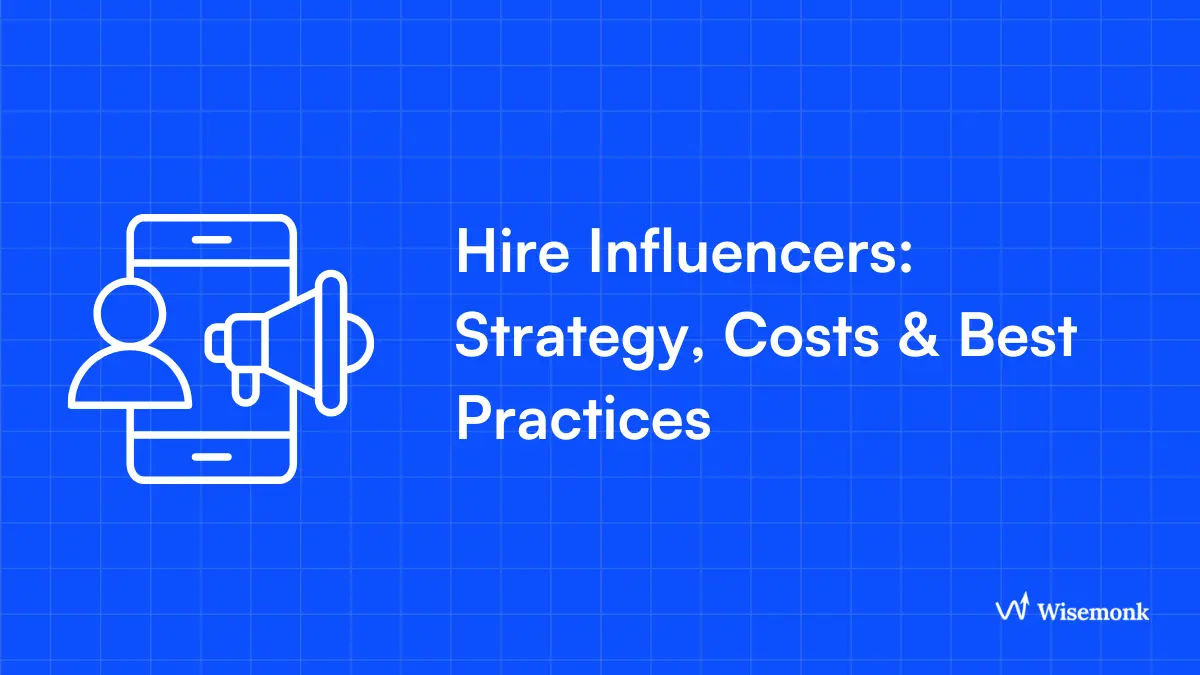
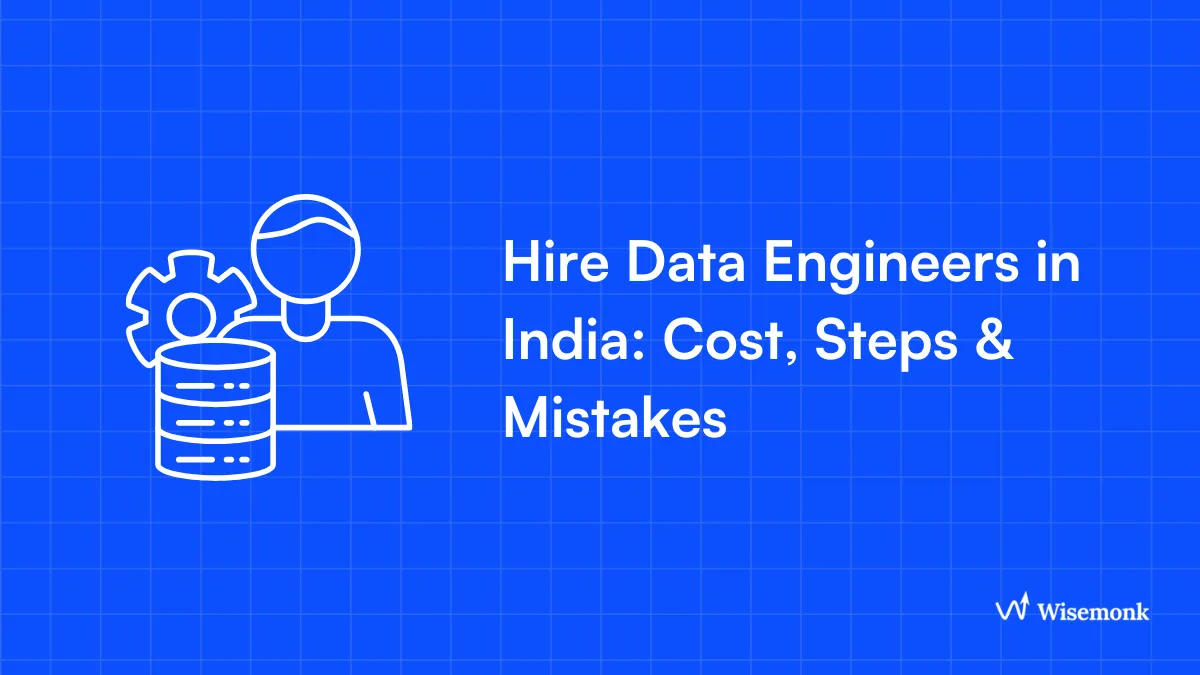
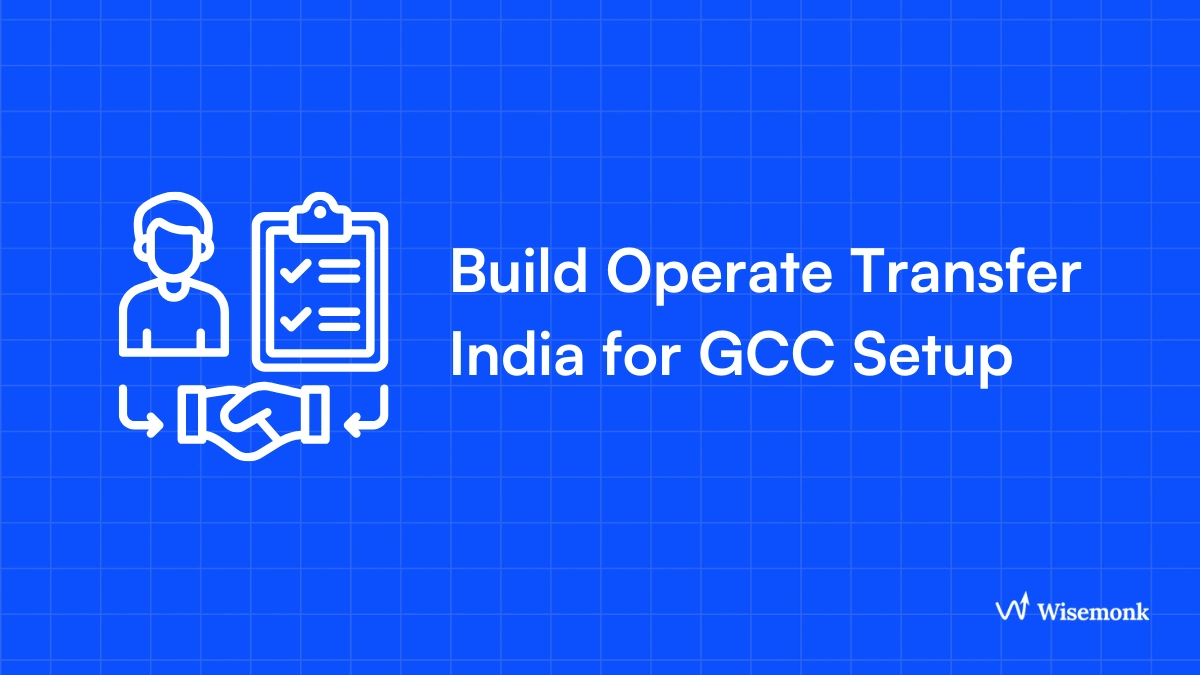
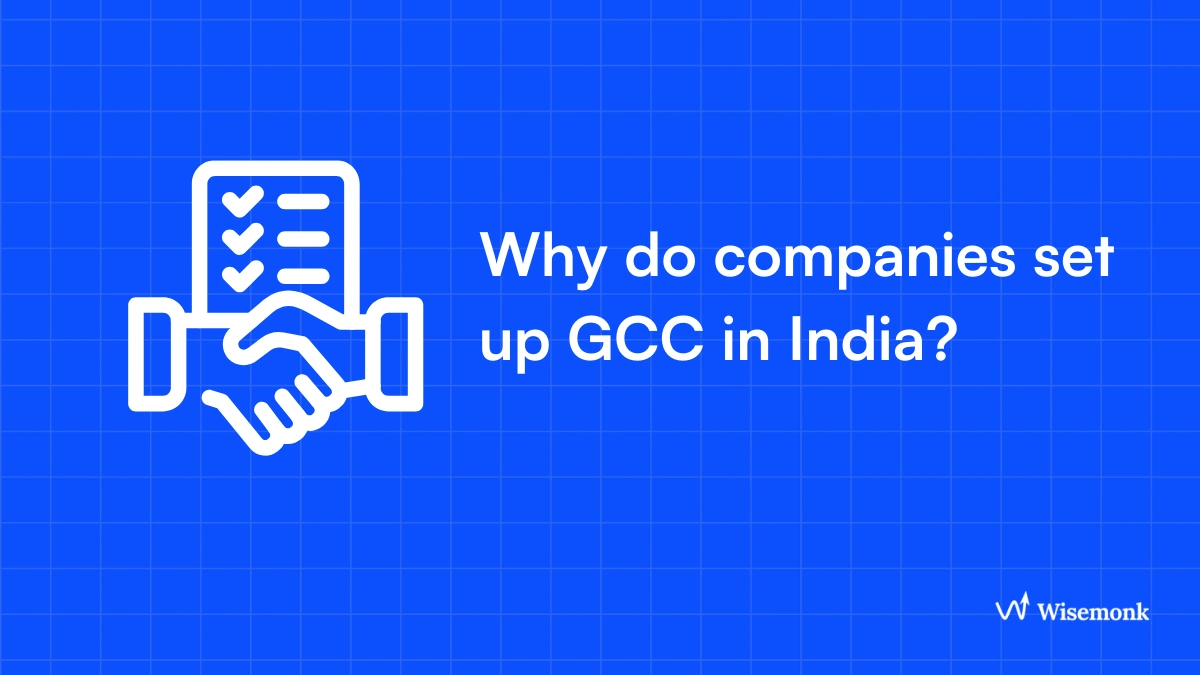
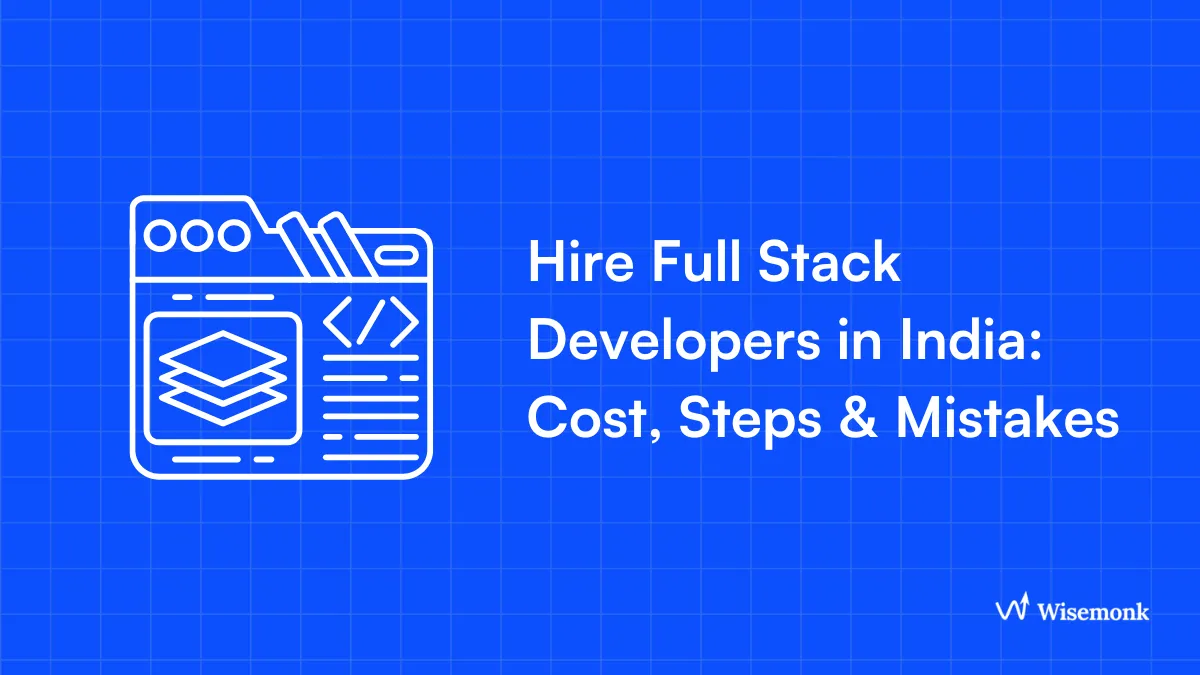
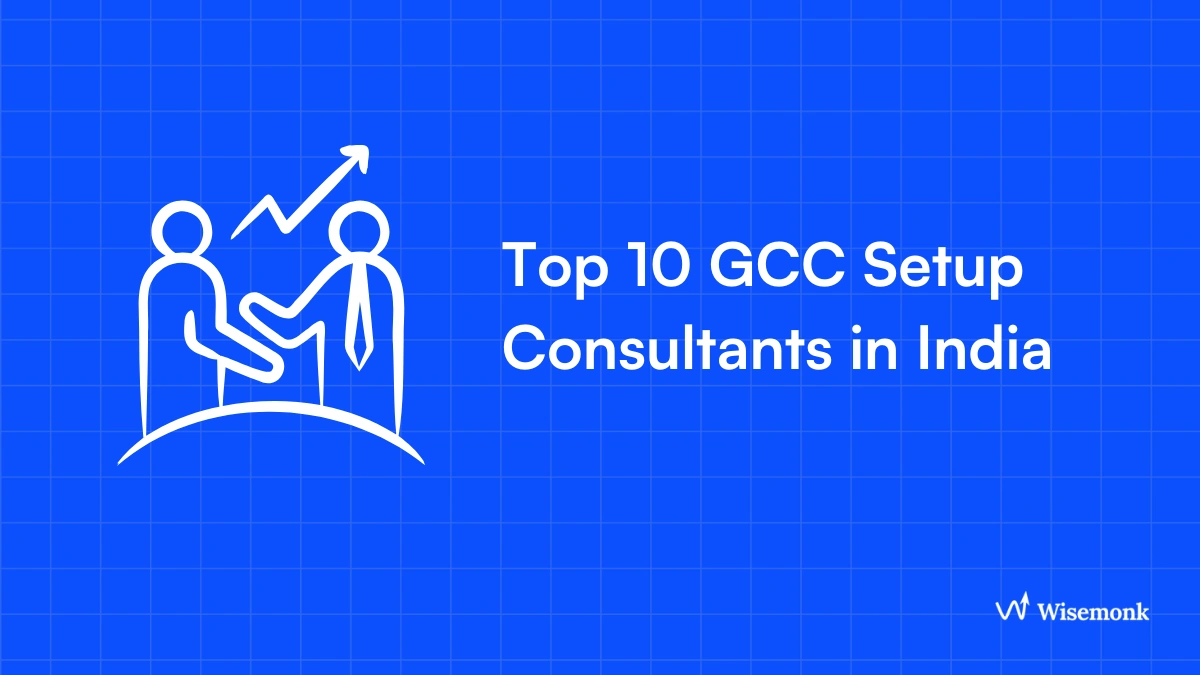
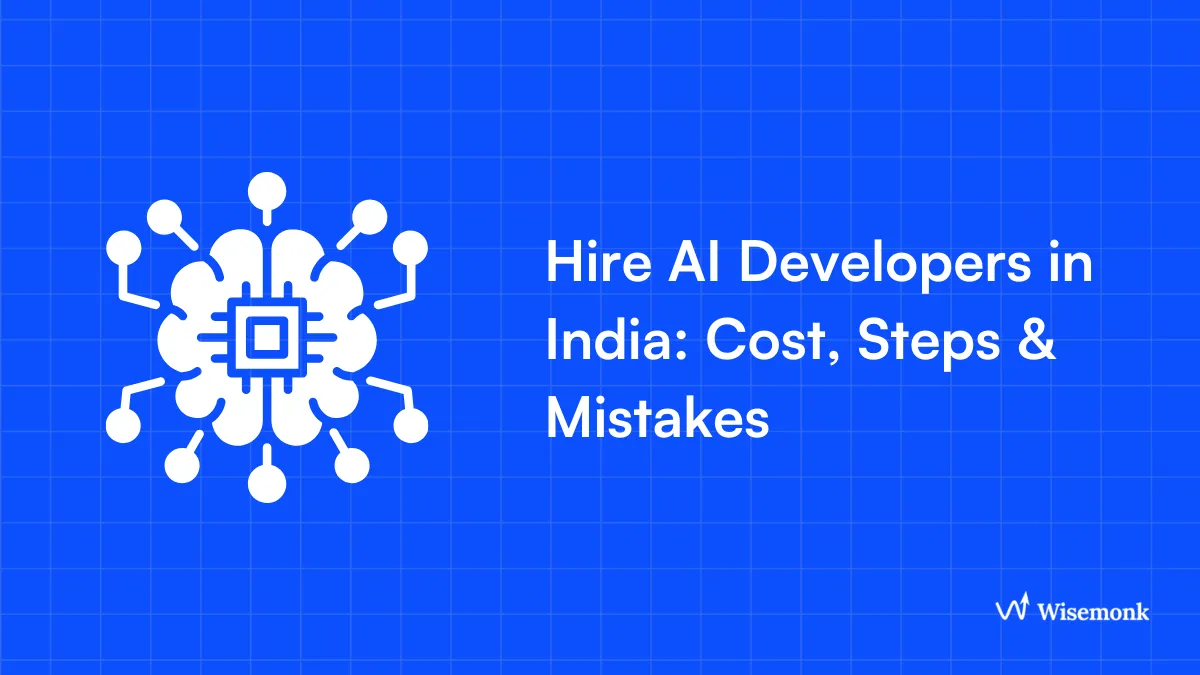
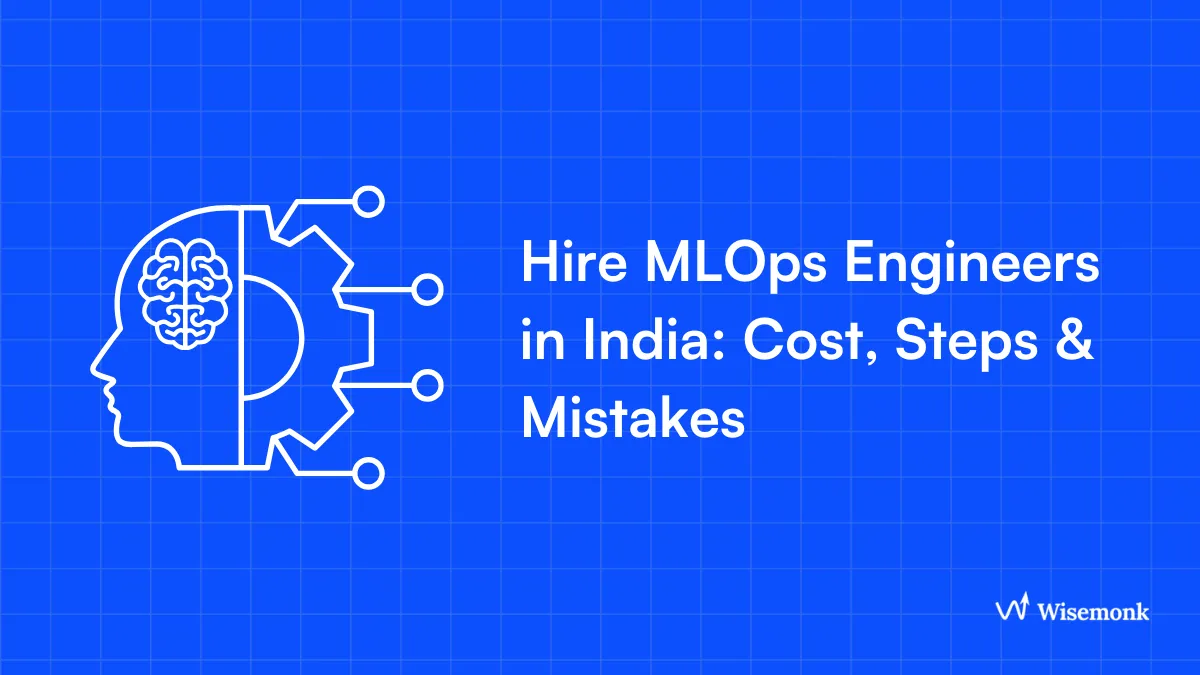
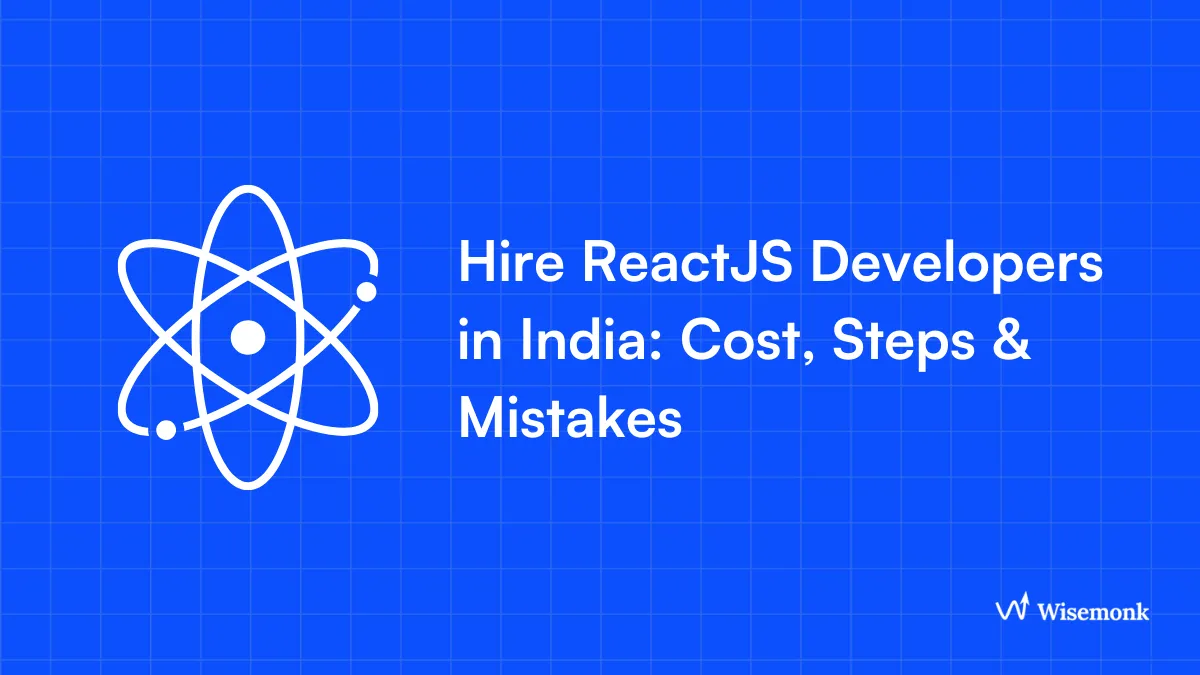
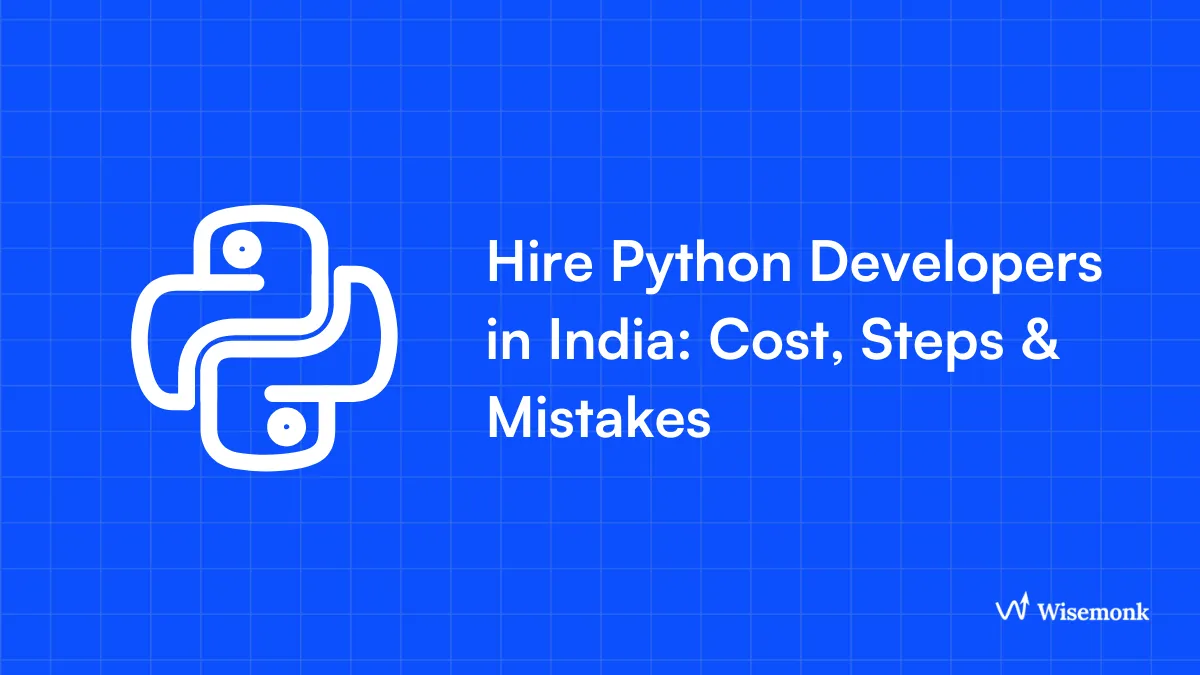


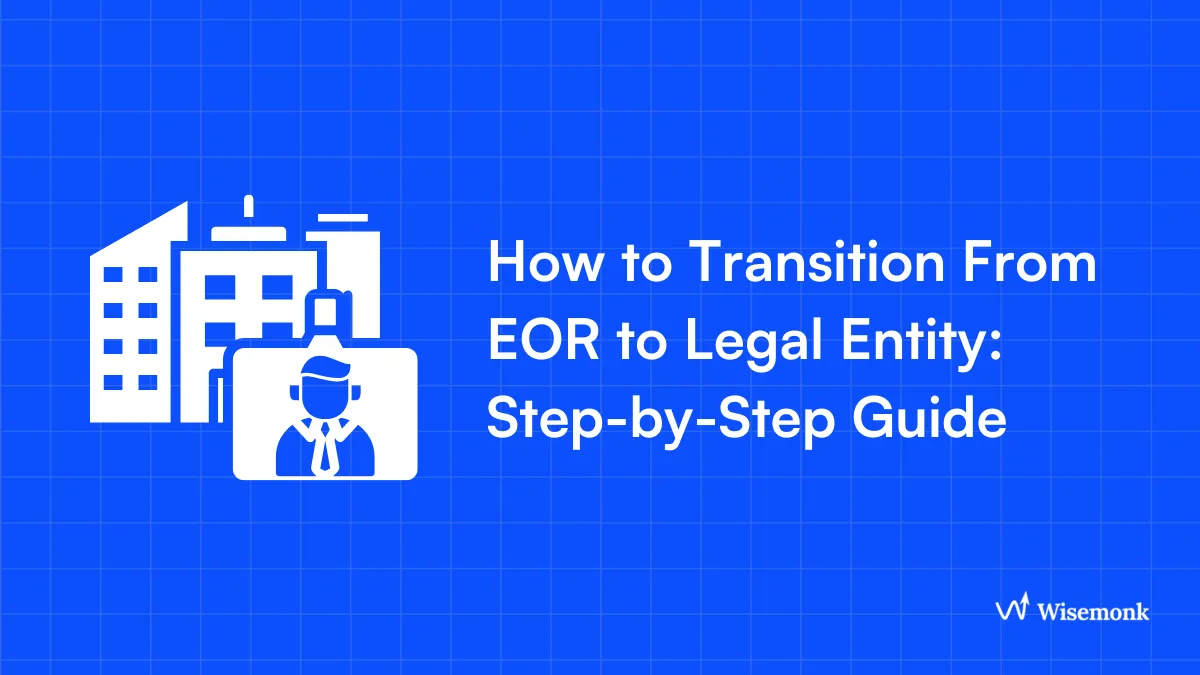

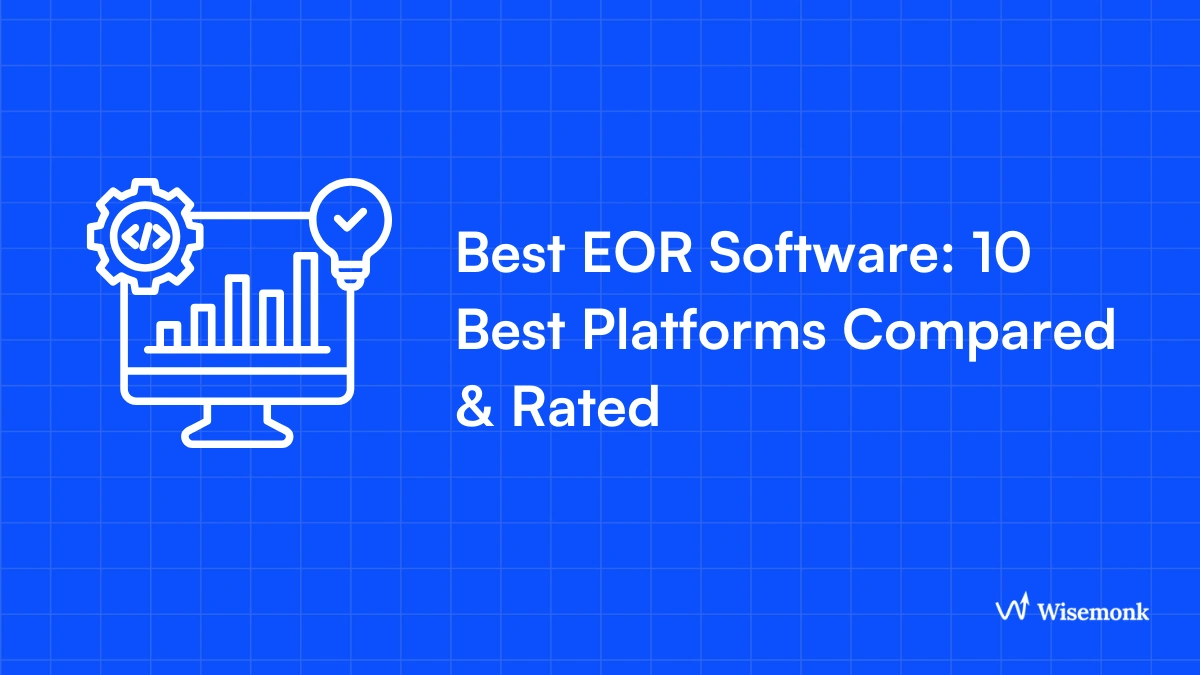
.webp)
.webp)
.webp)

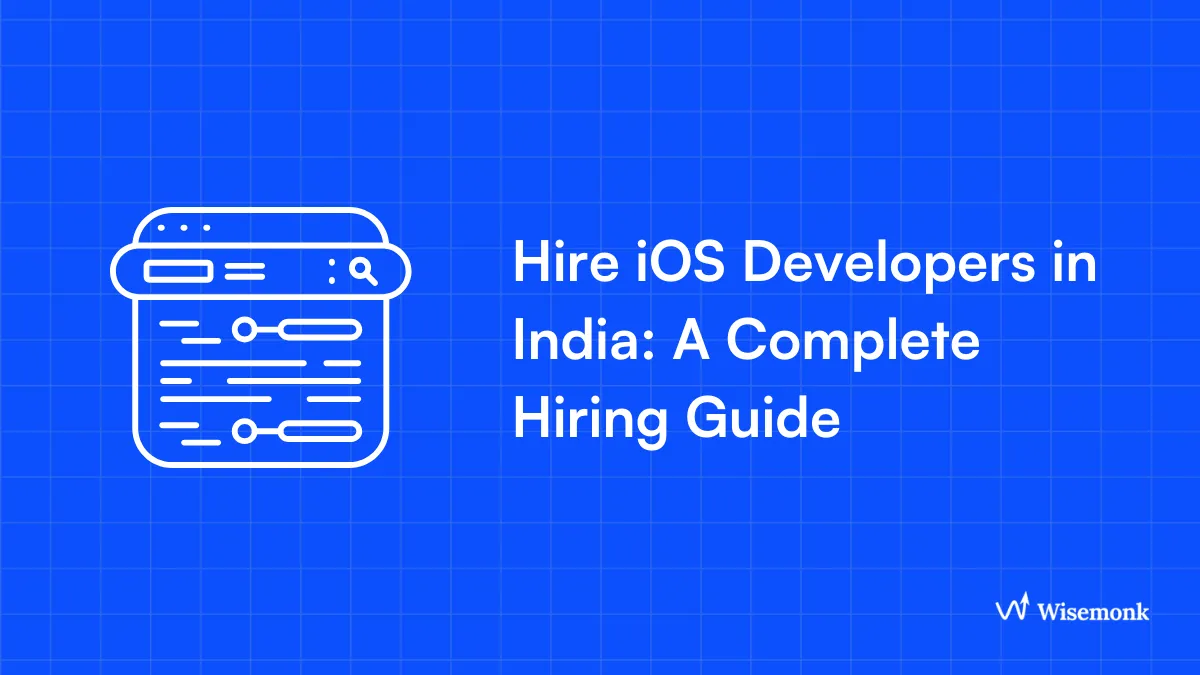


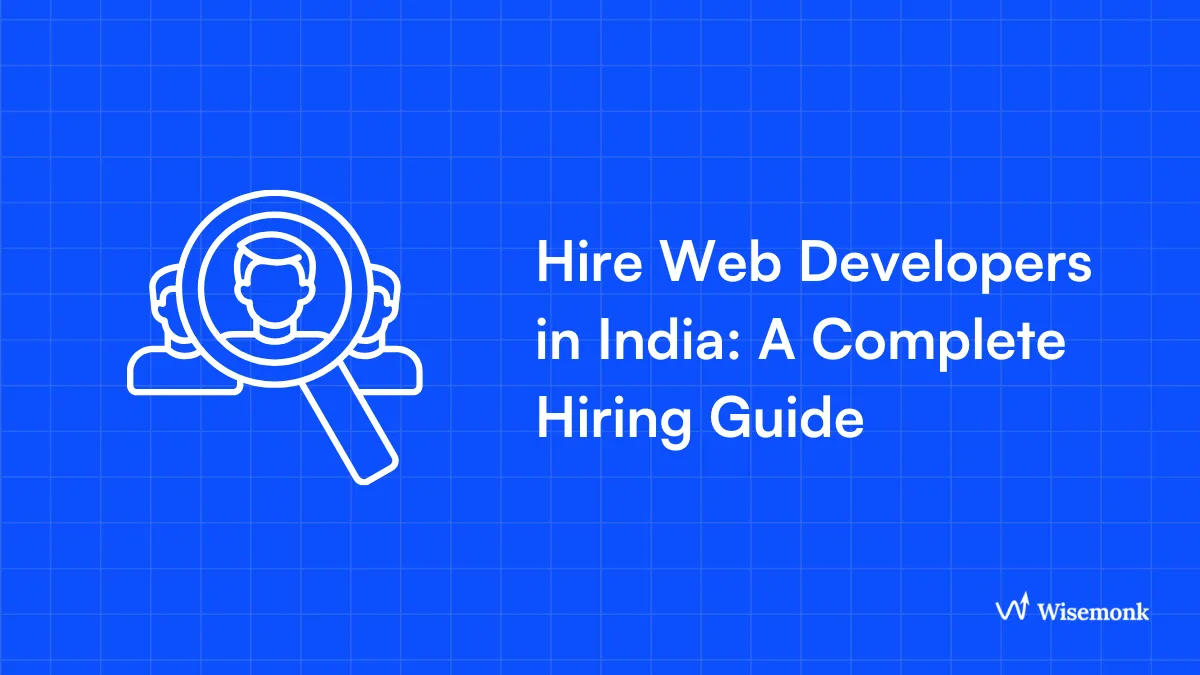
.webp)

.webp)
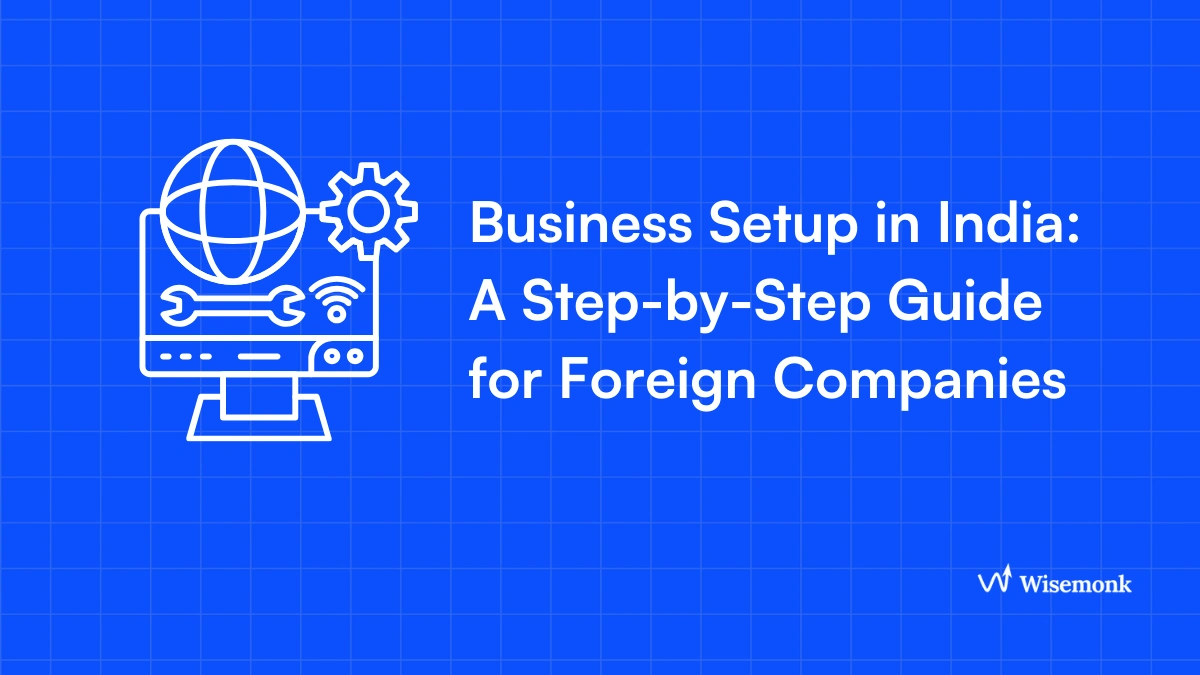

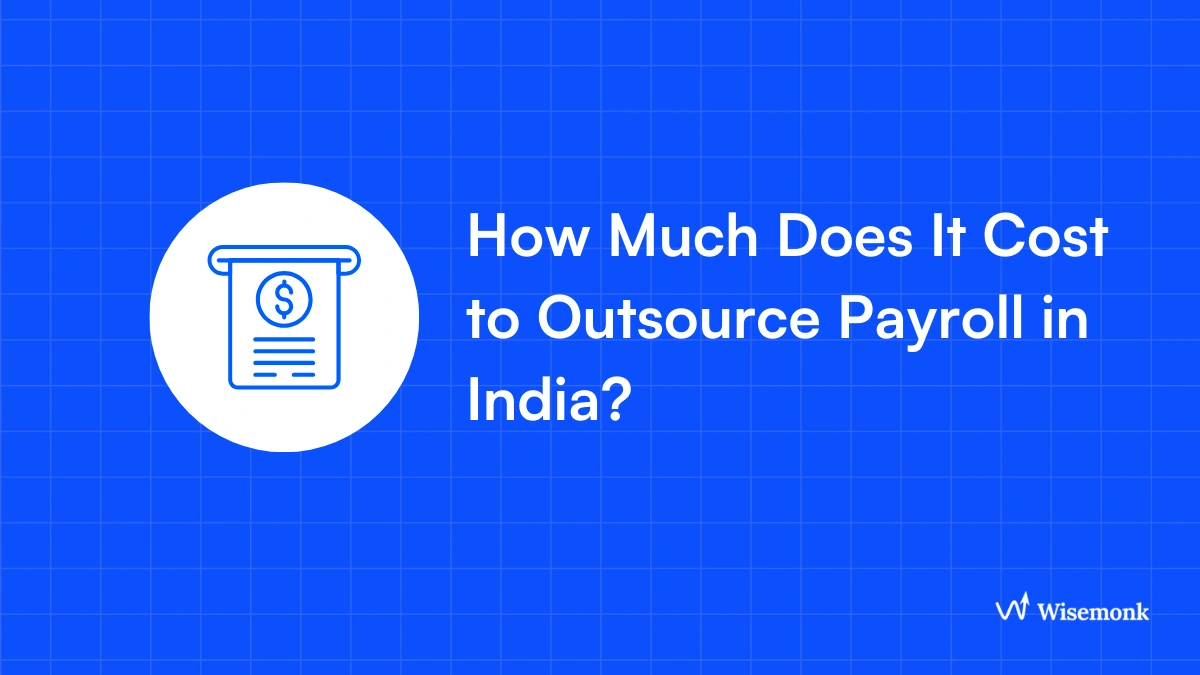
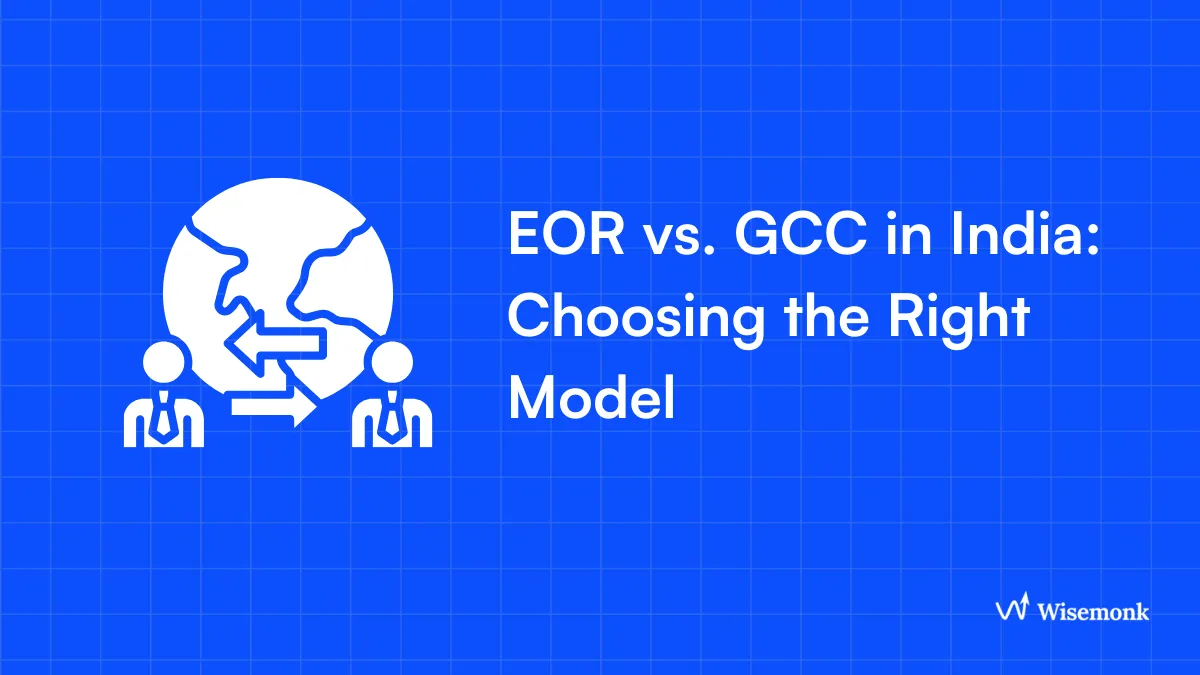

.webp)
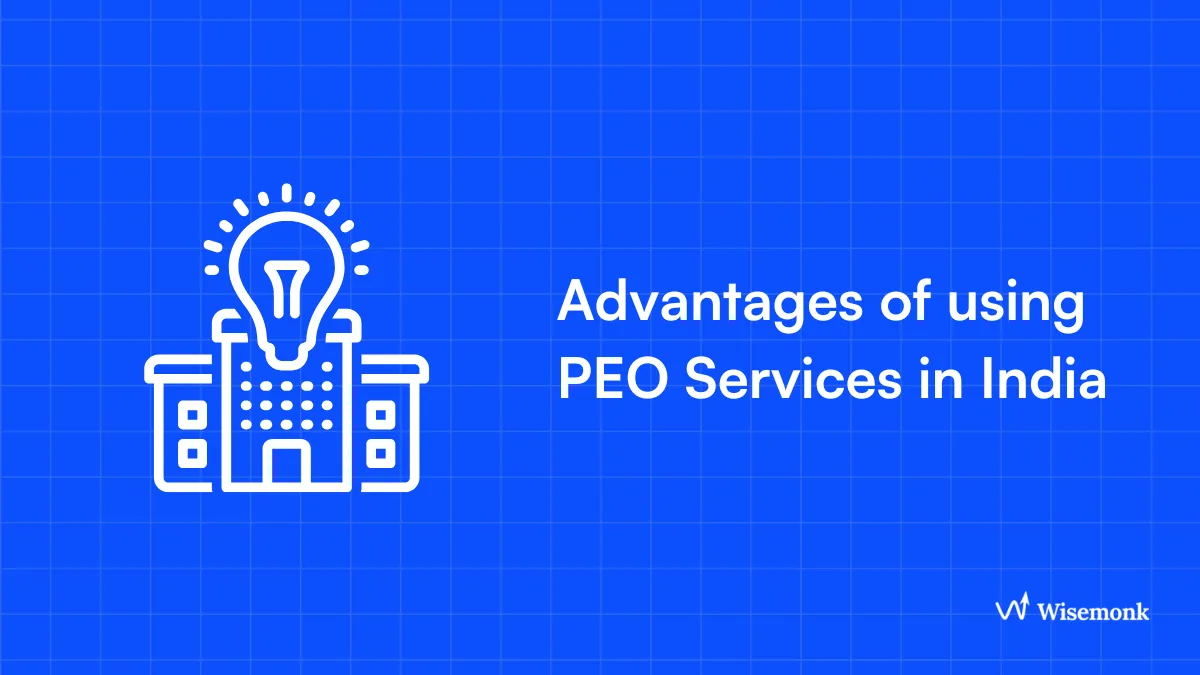




.webp)
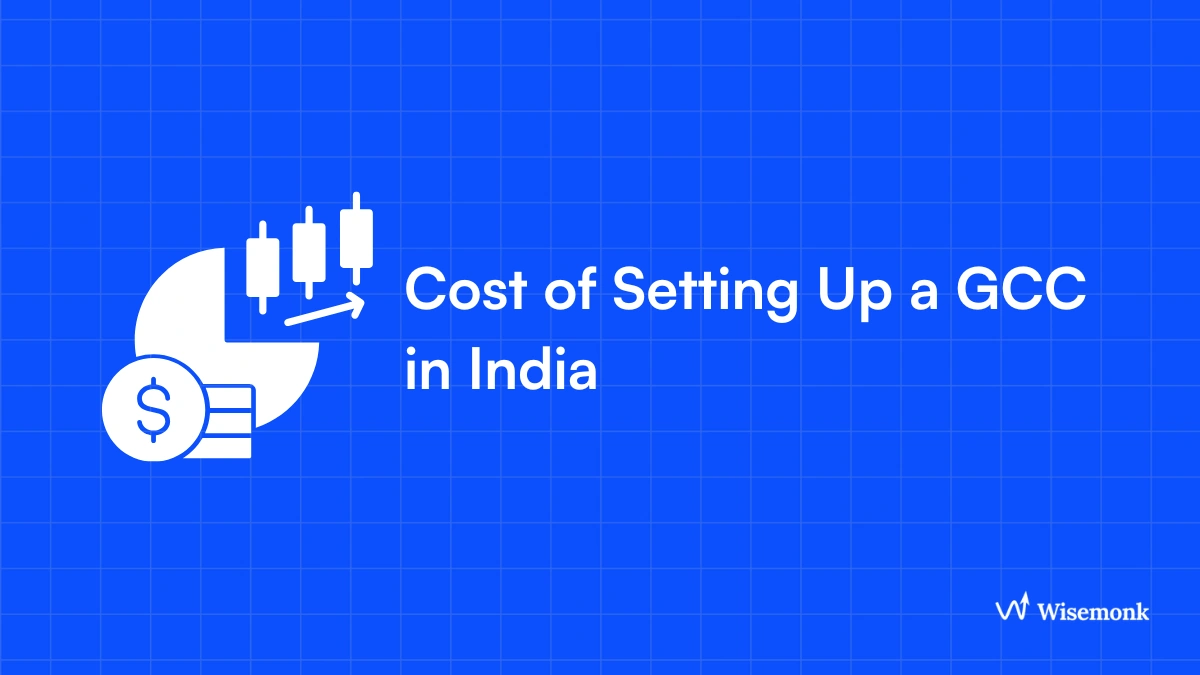
%20in%20India.webp)
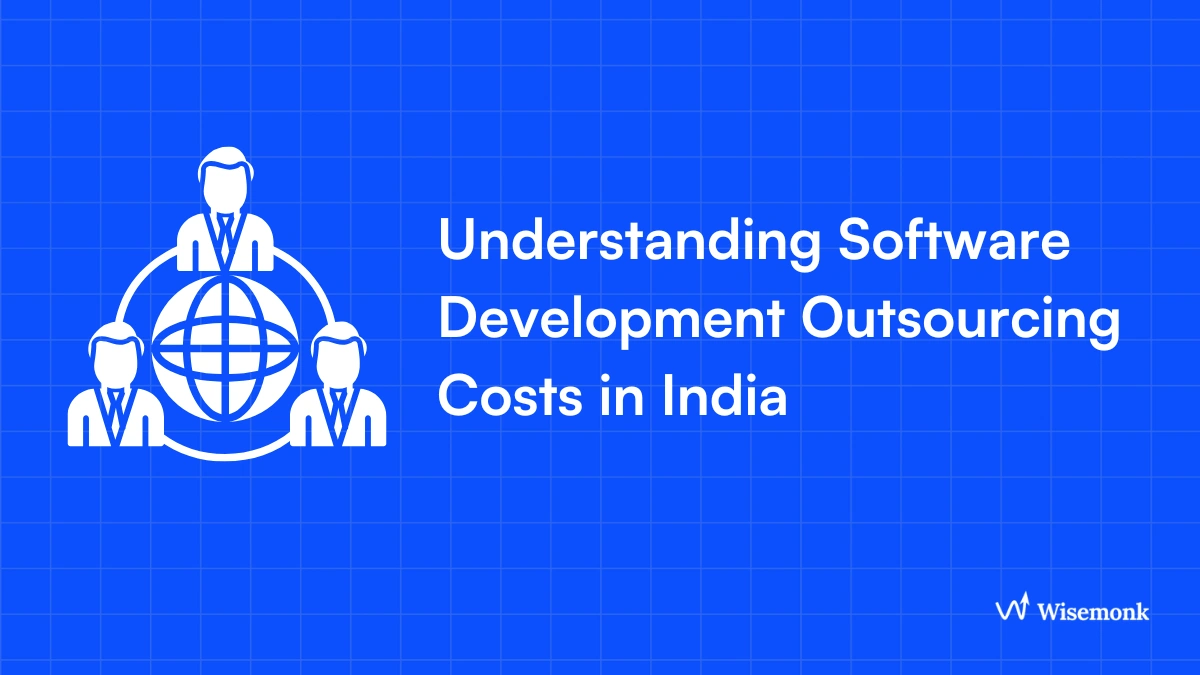

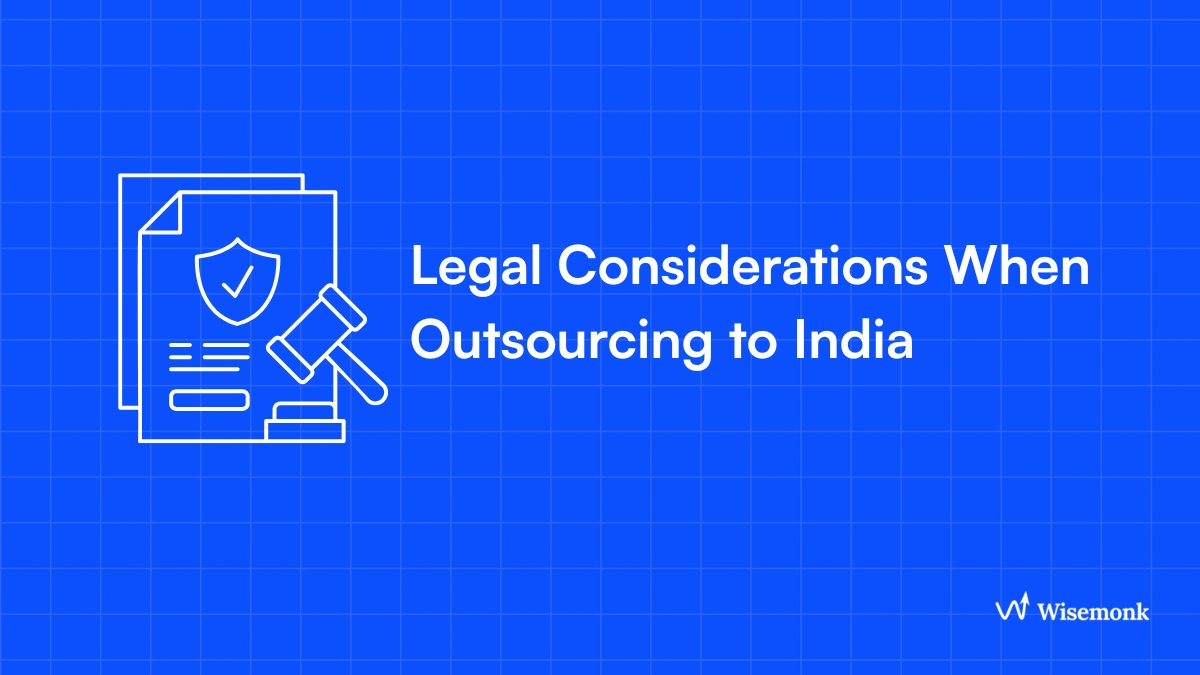
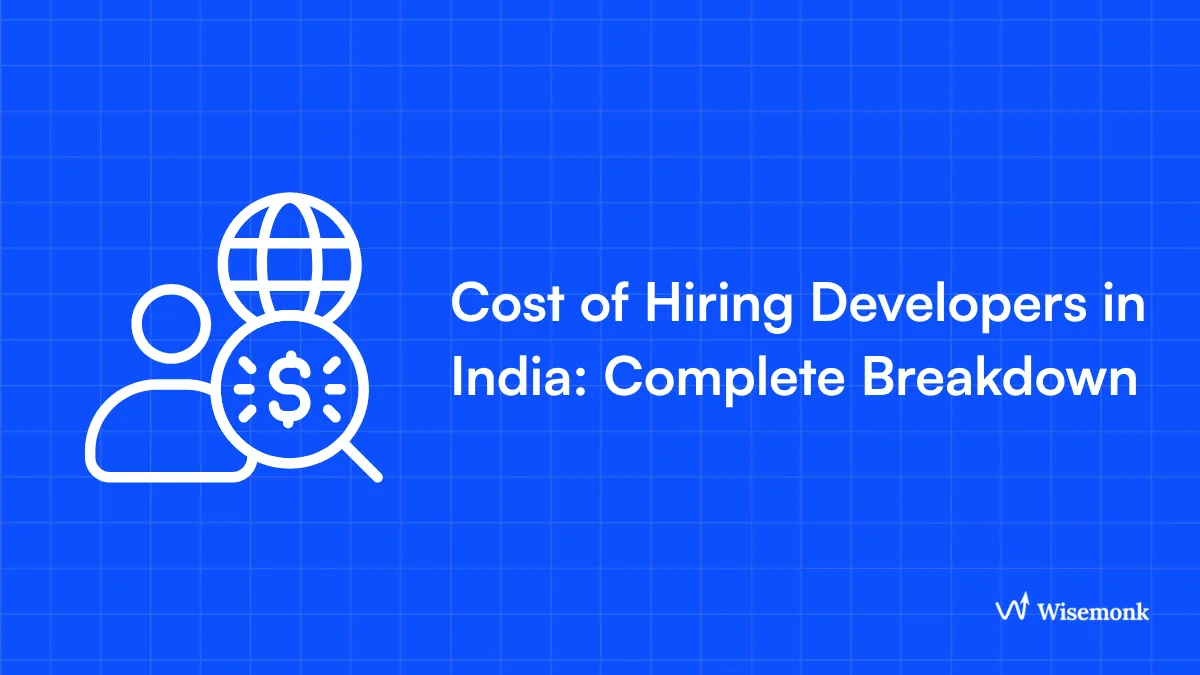

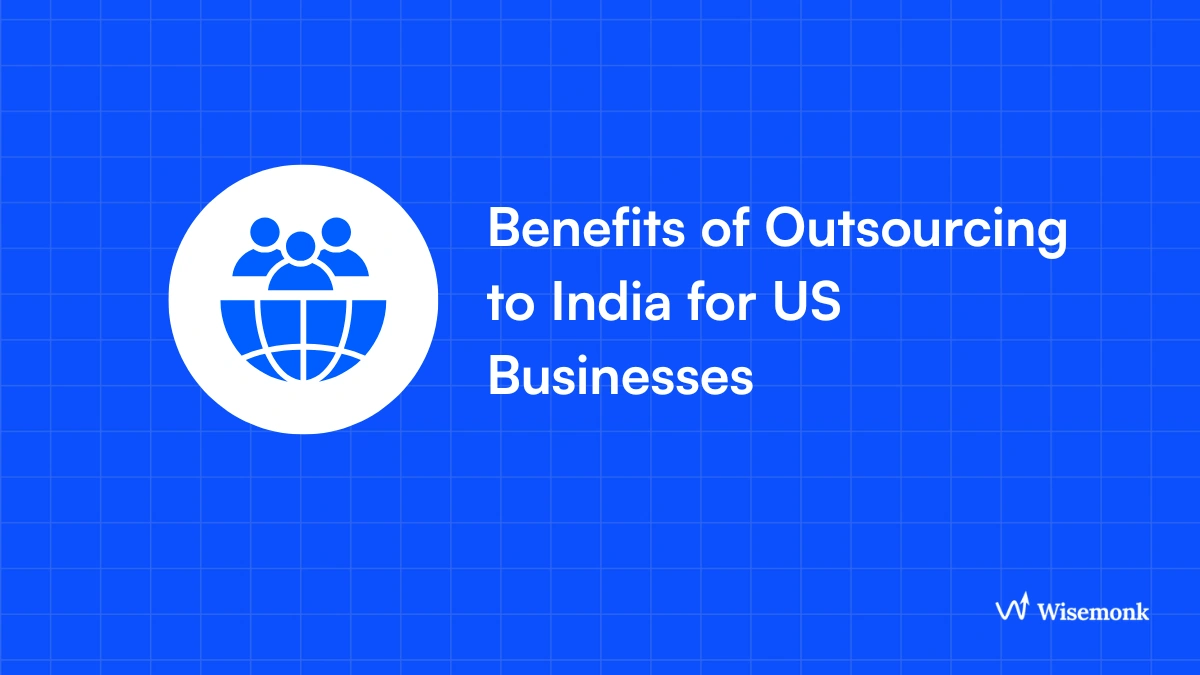

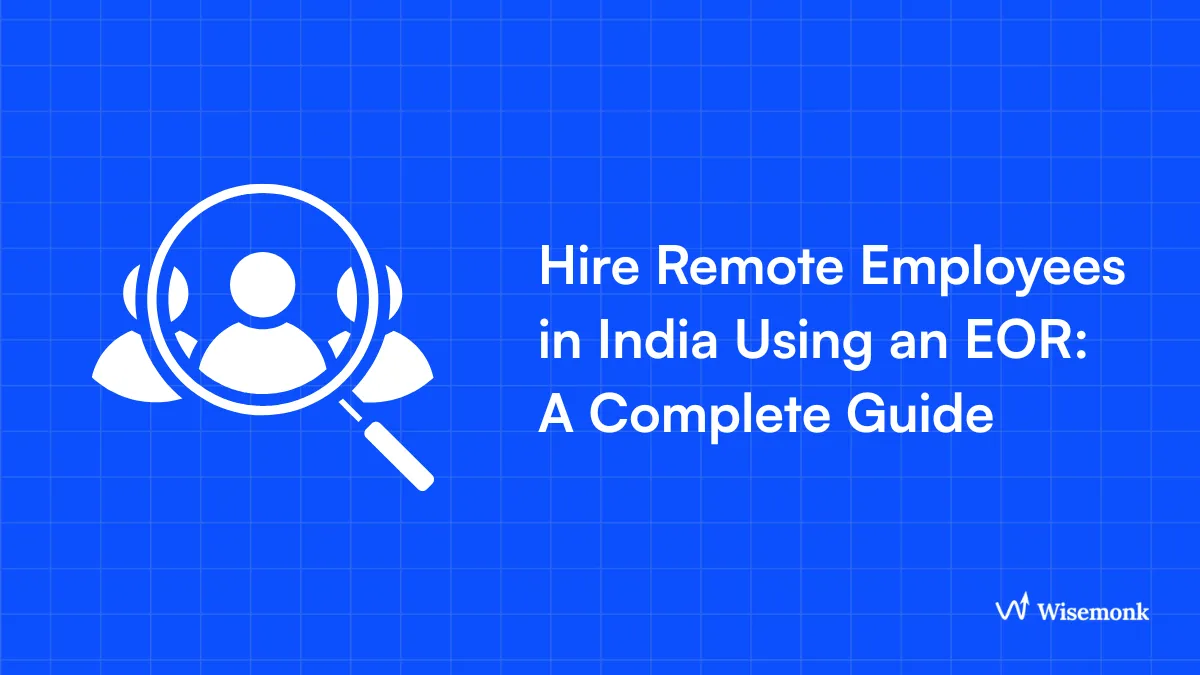


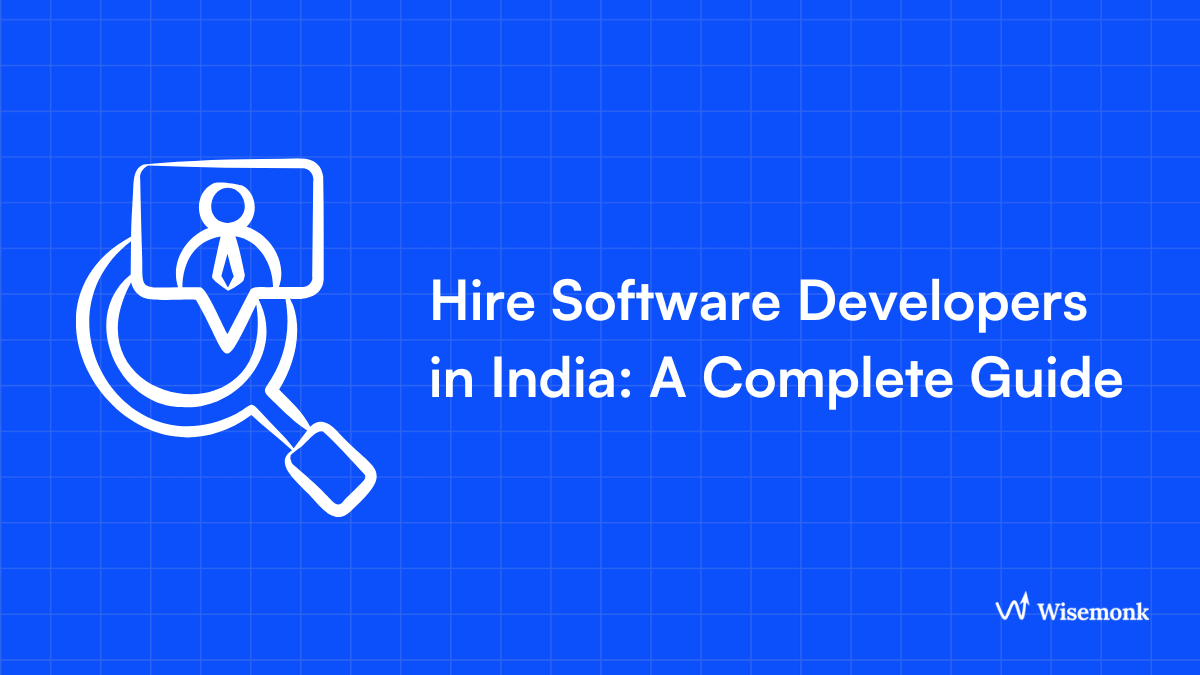
.webp)
.webp)
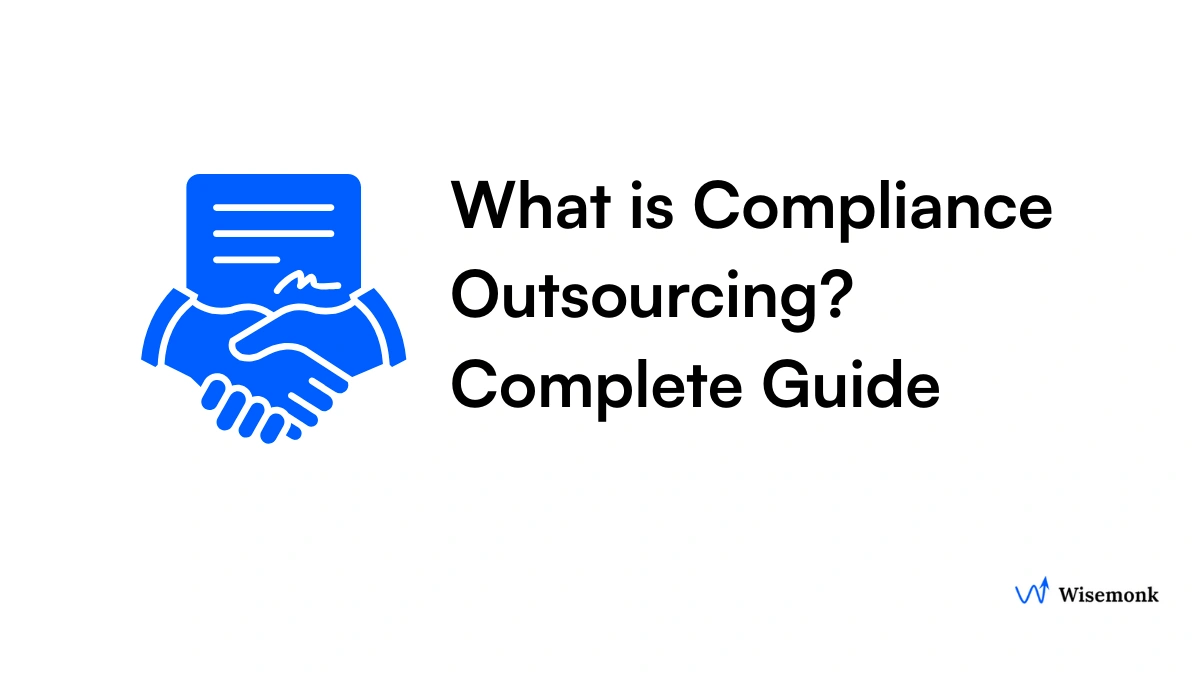

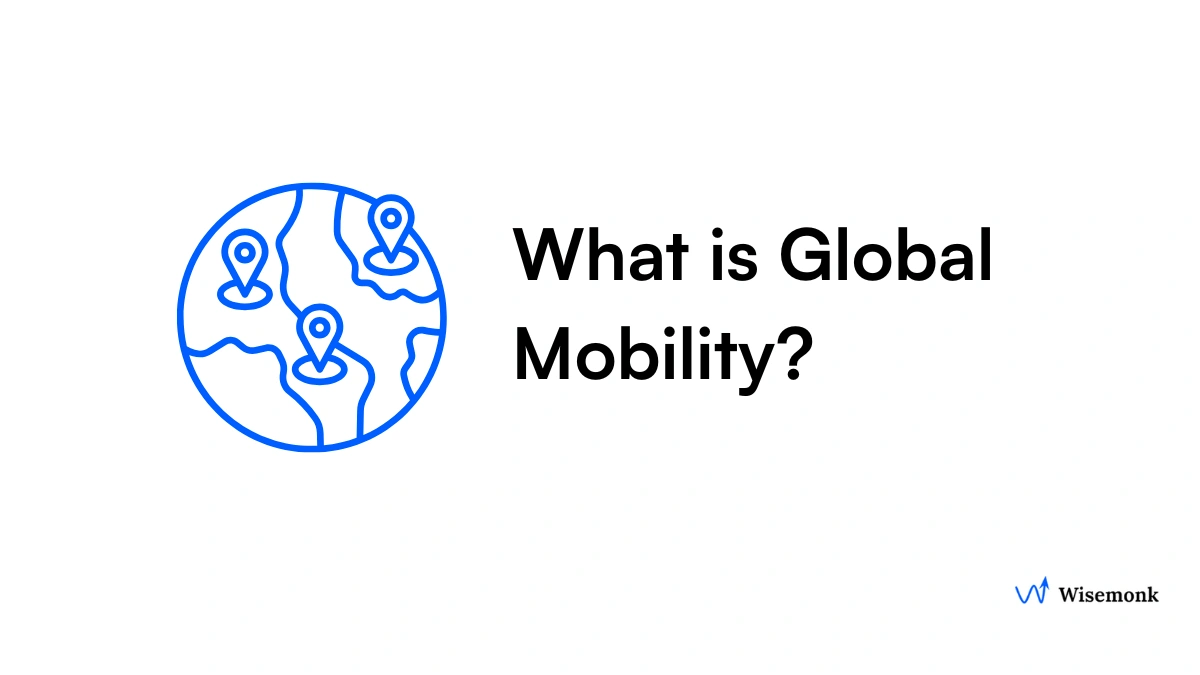
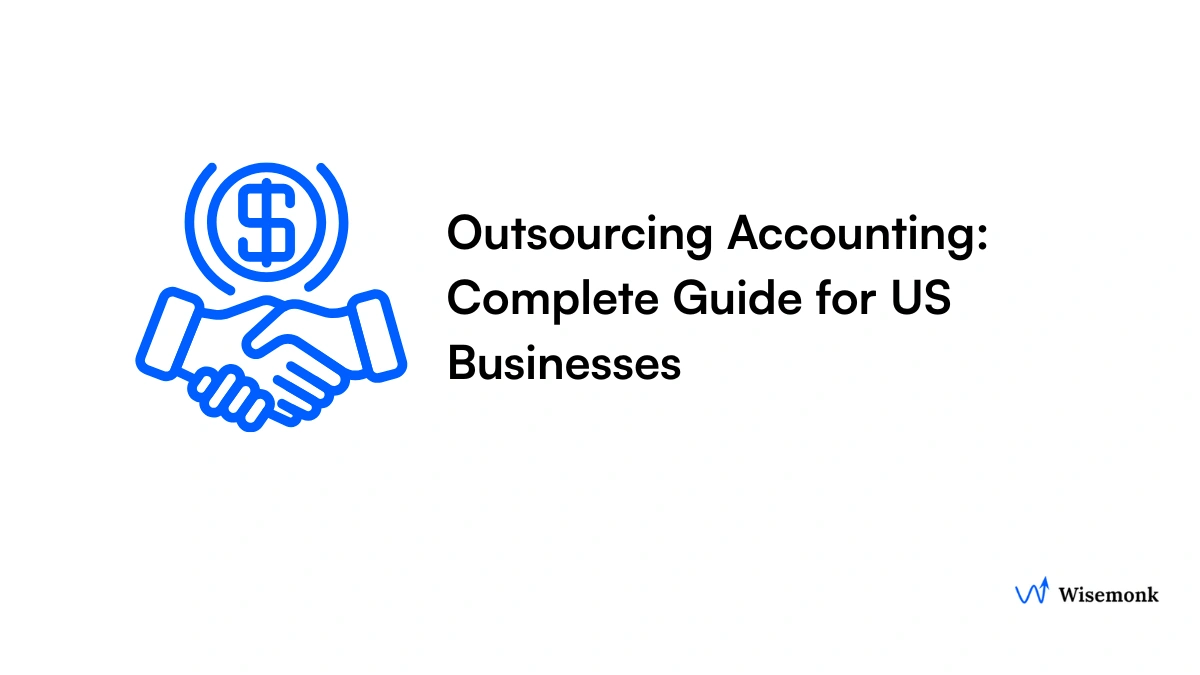
%20(3).webp)
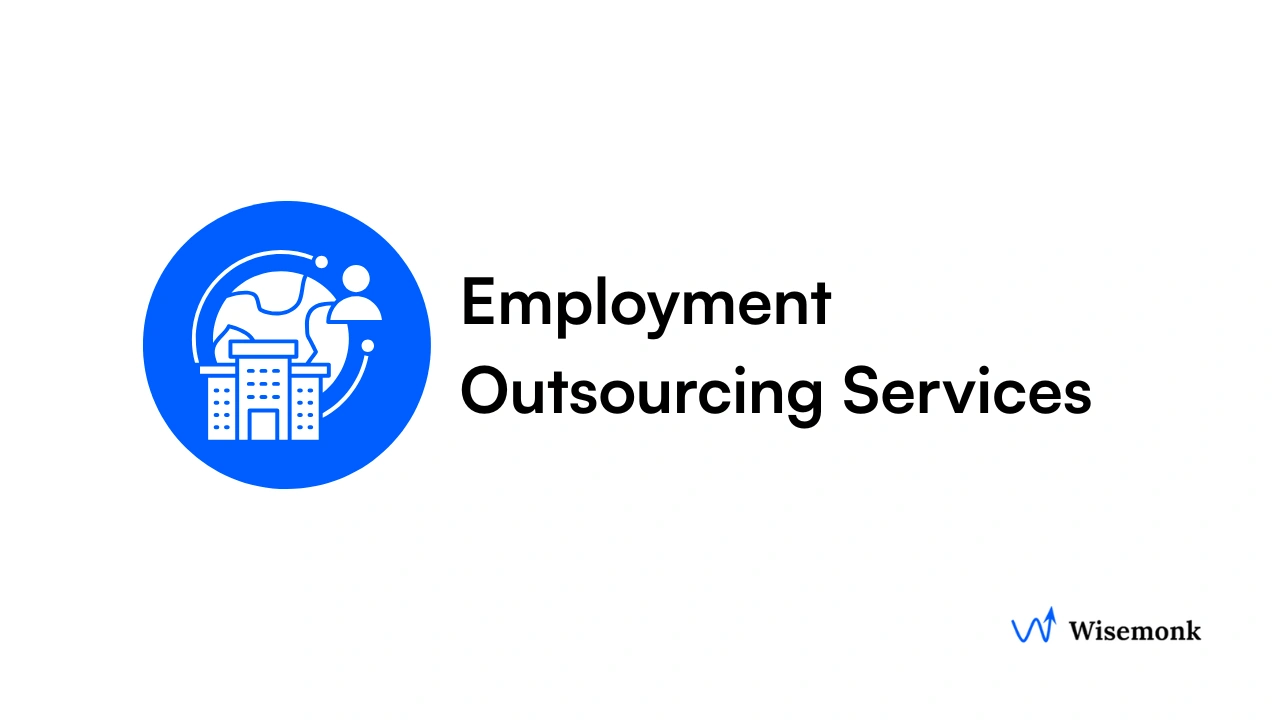
.webp)



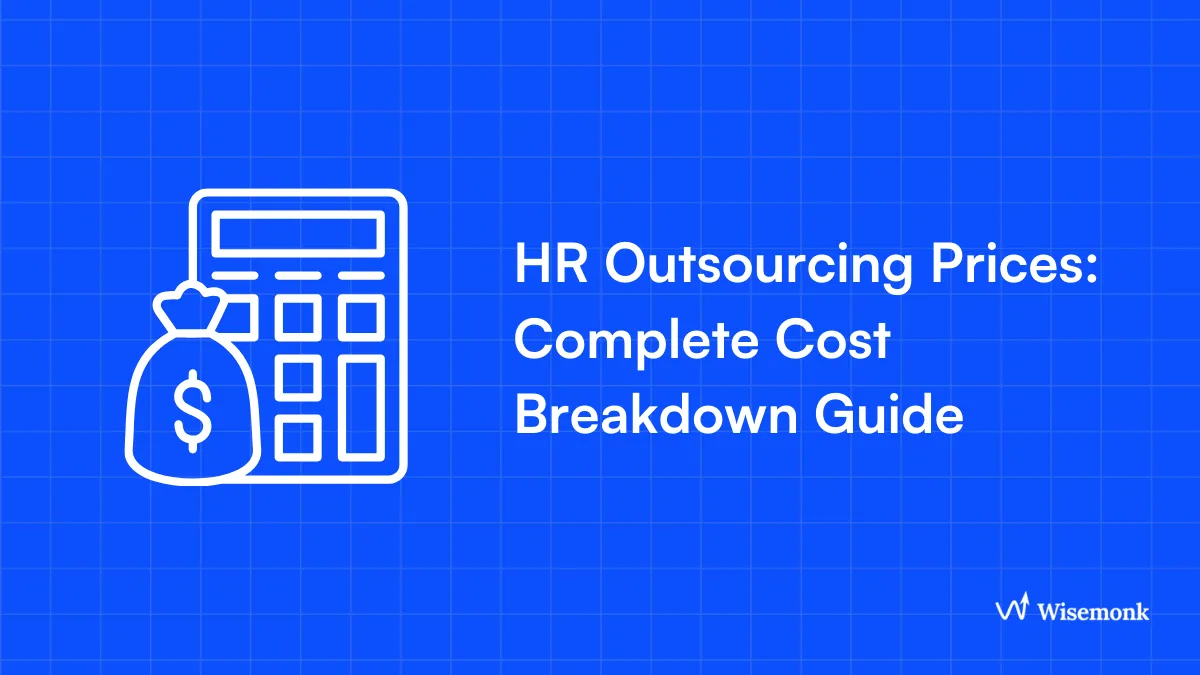
.webp)
.webp)
.webp)
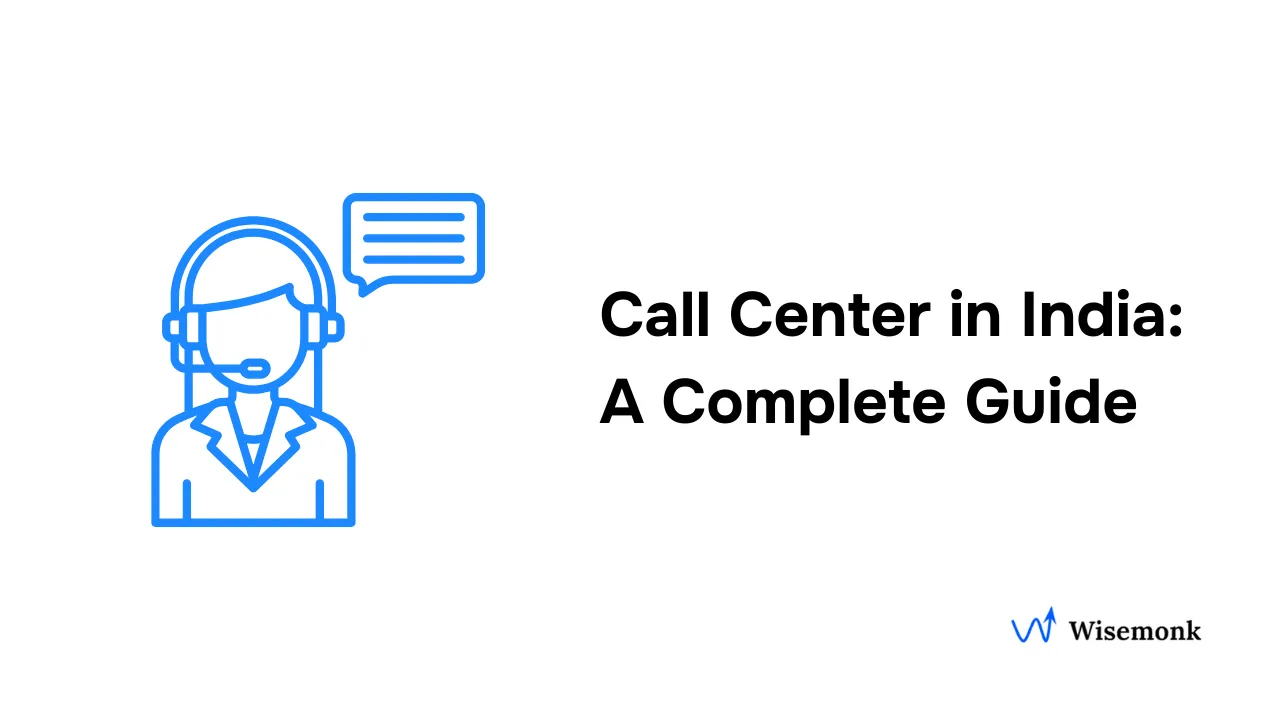
.webp)

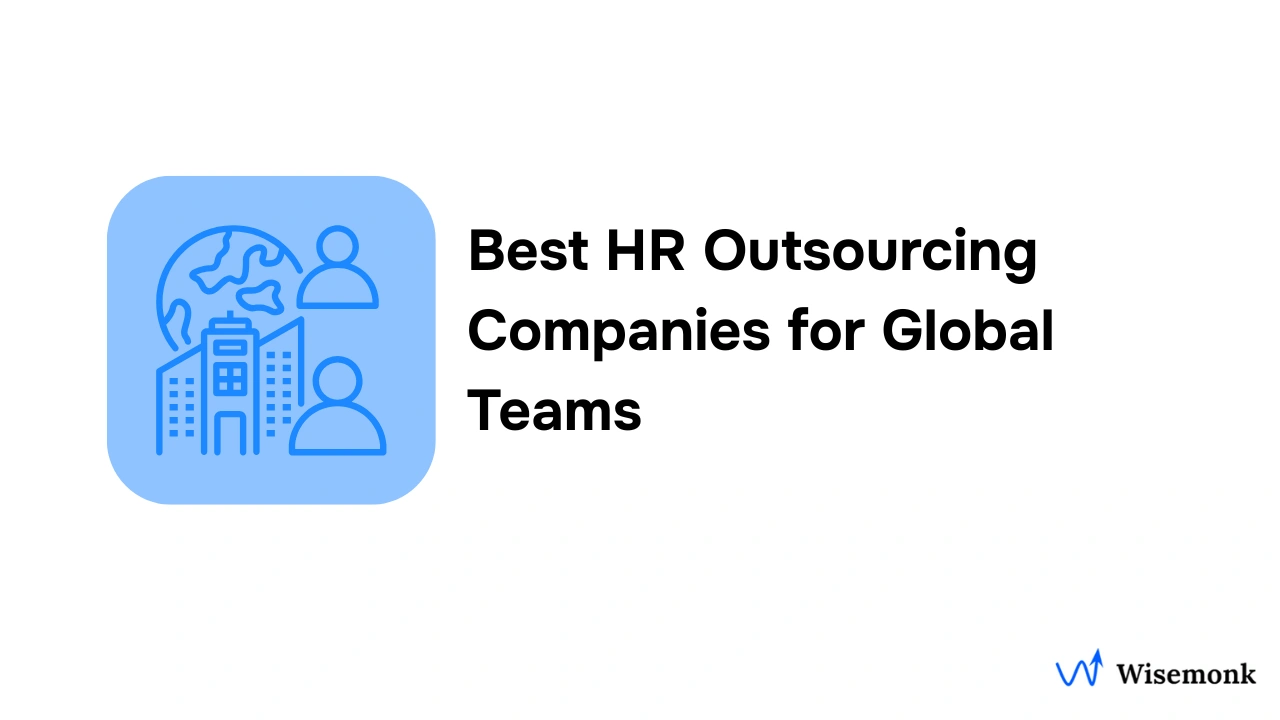
.webp)
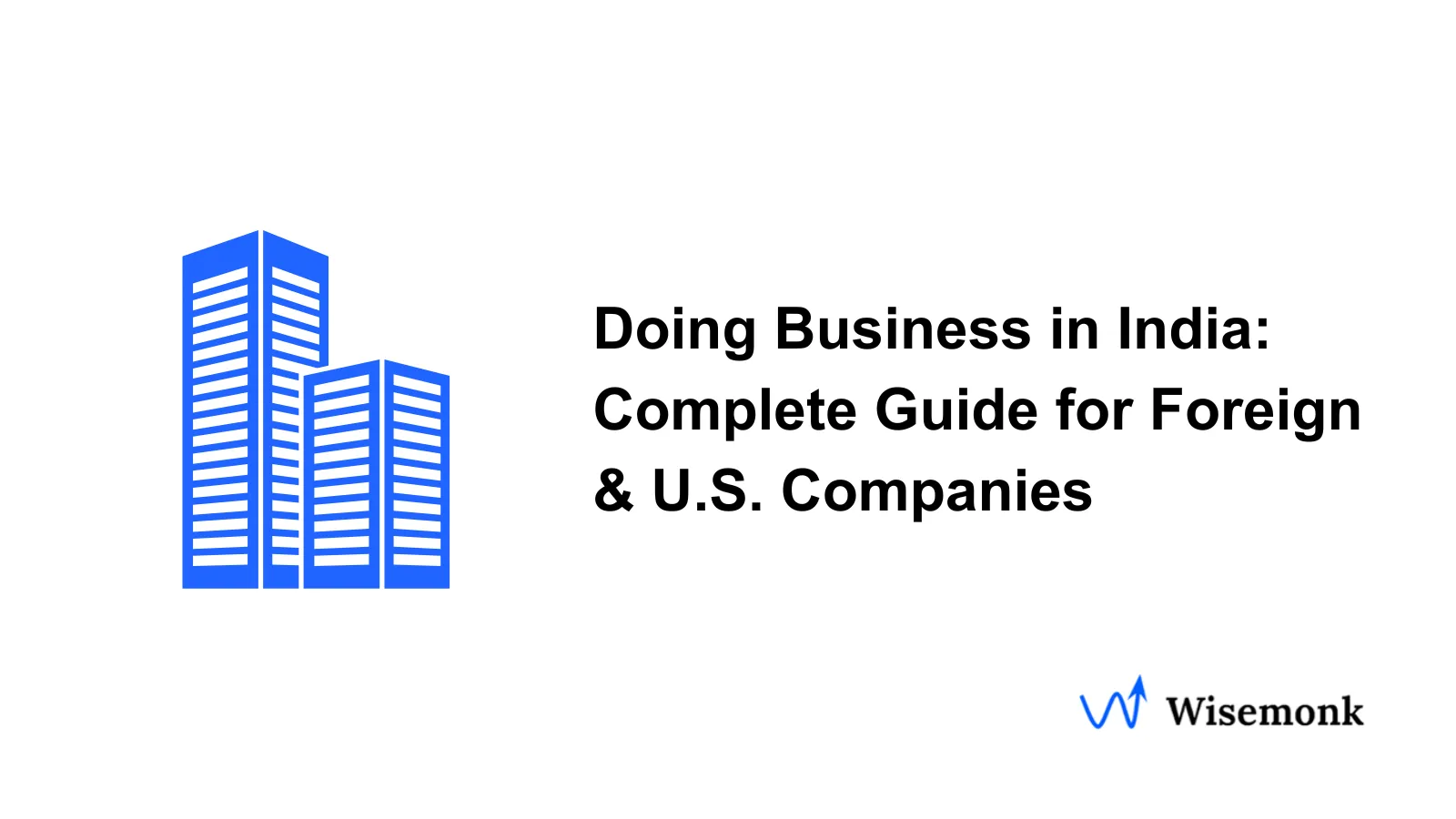
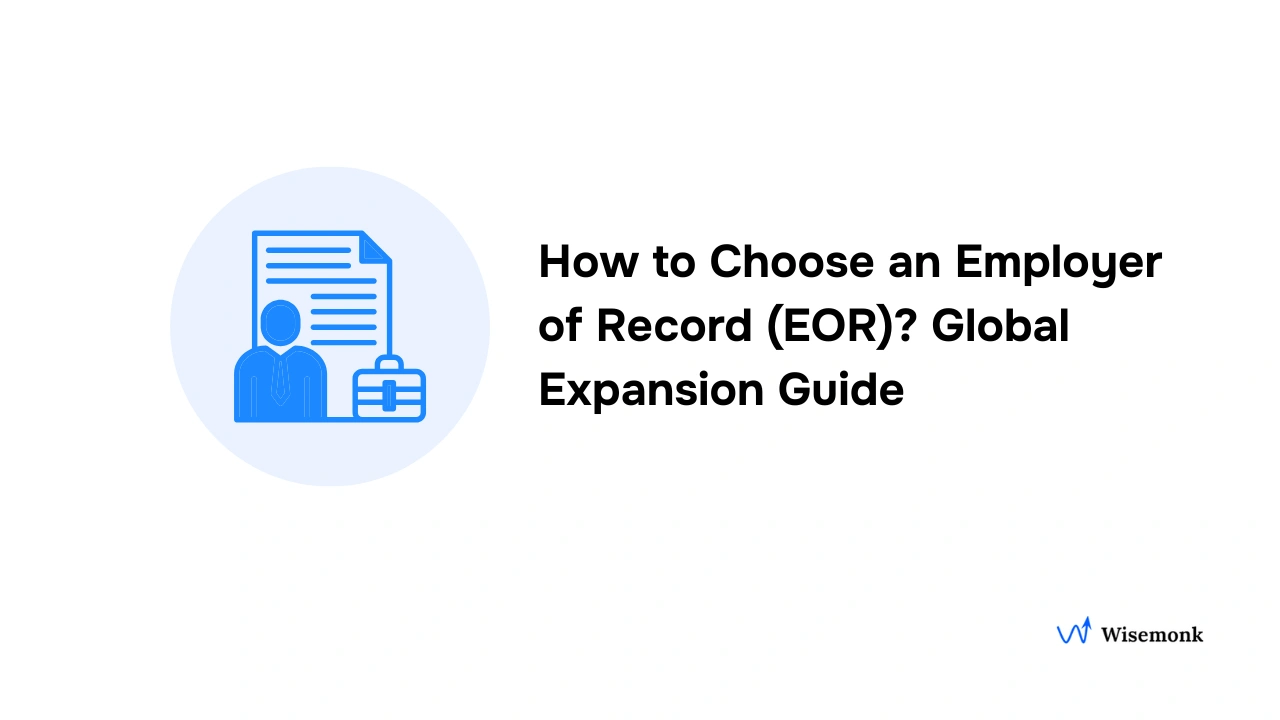
.webp)

.webp)
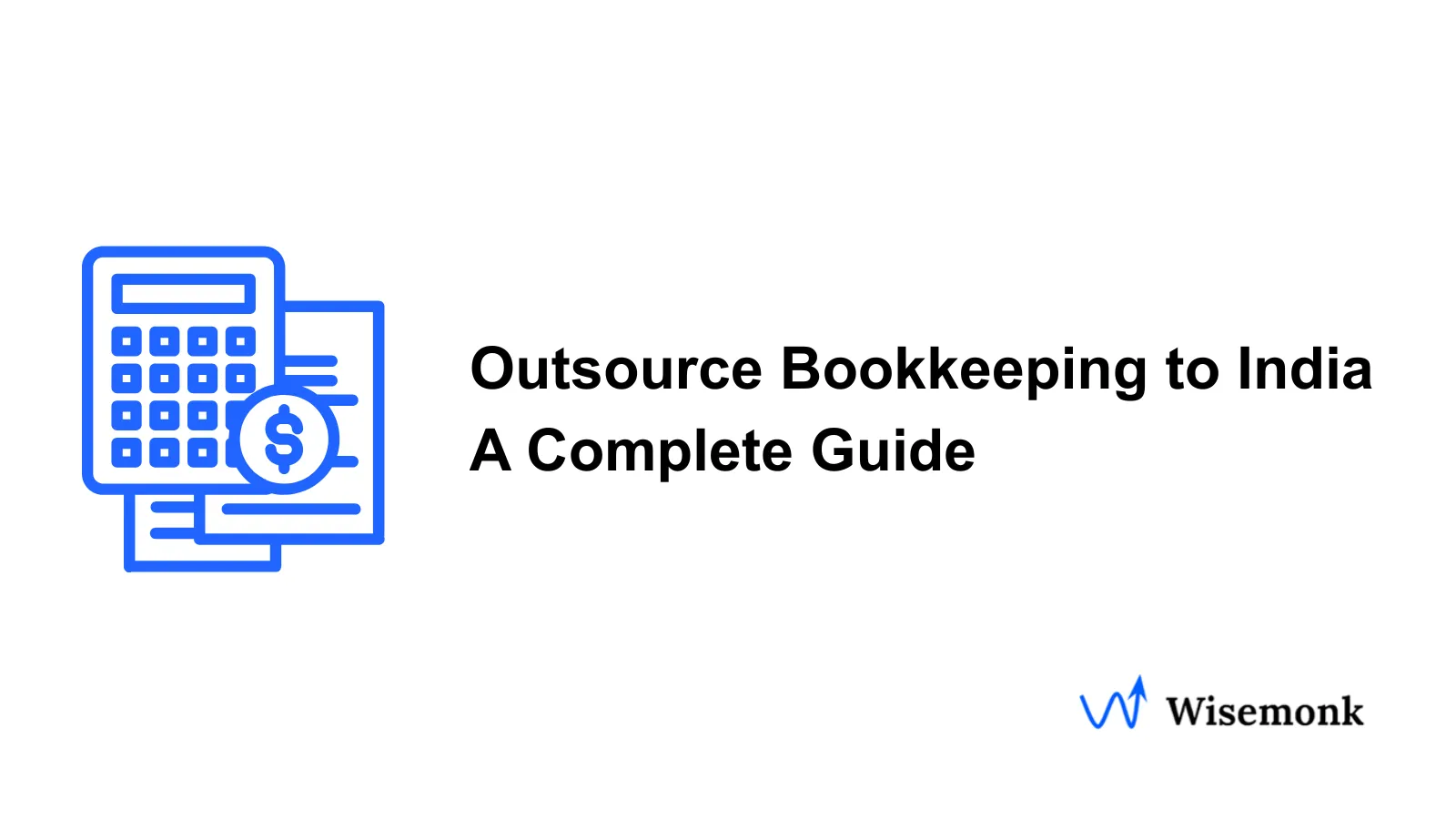
.webp)
.webp)
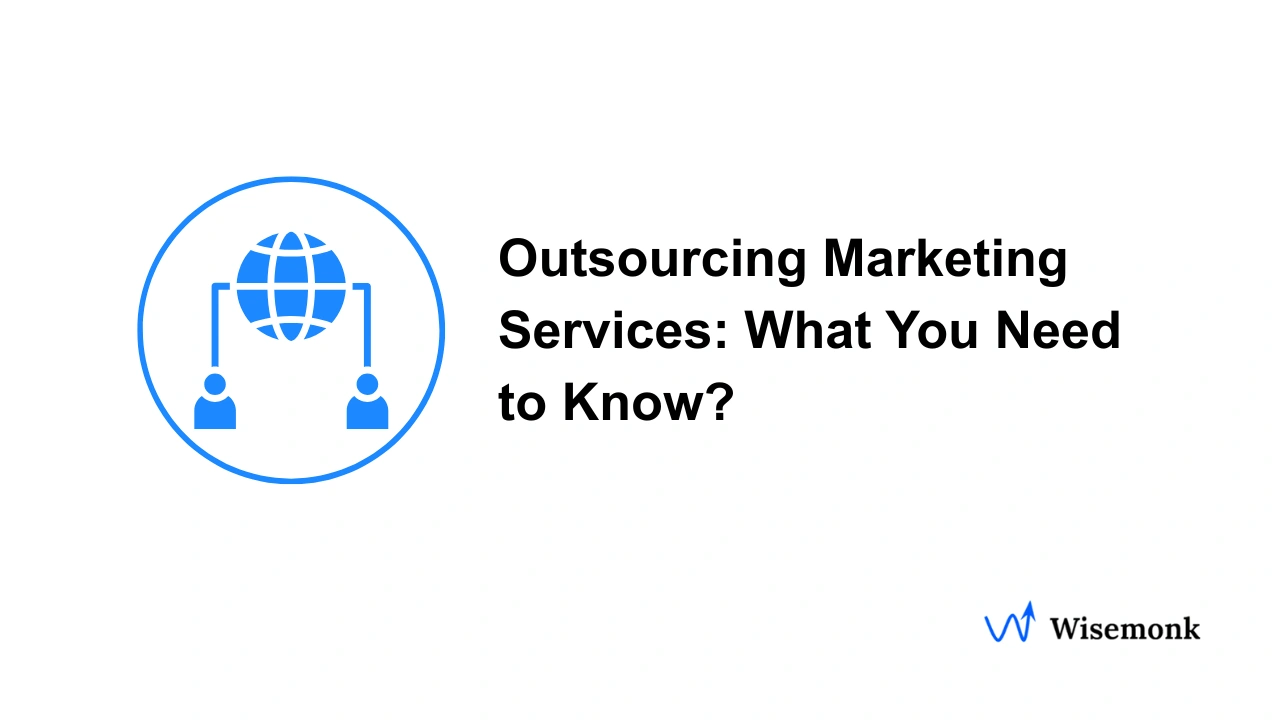
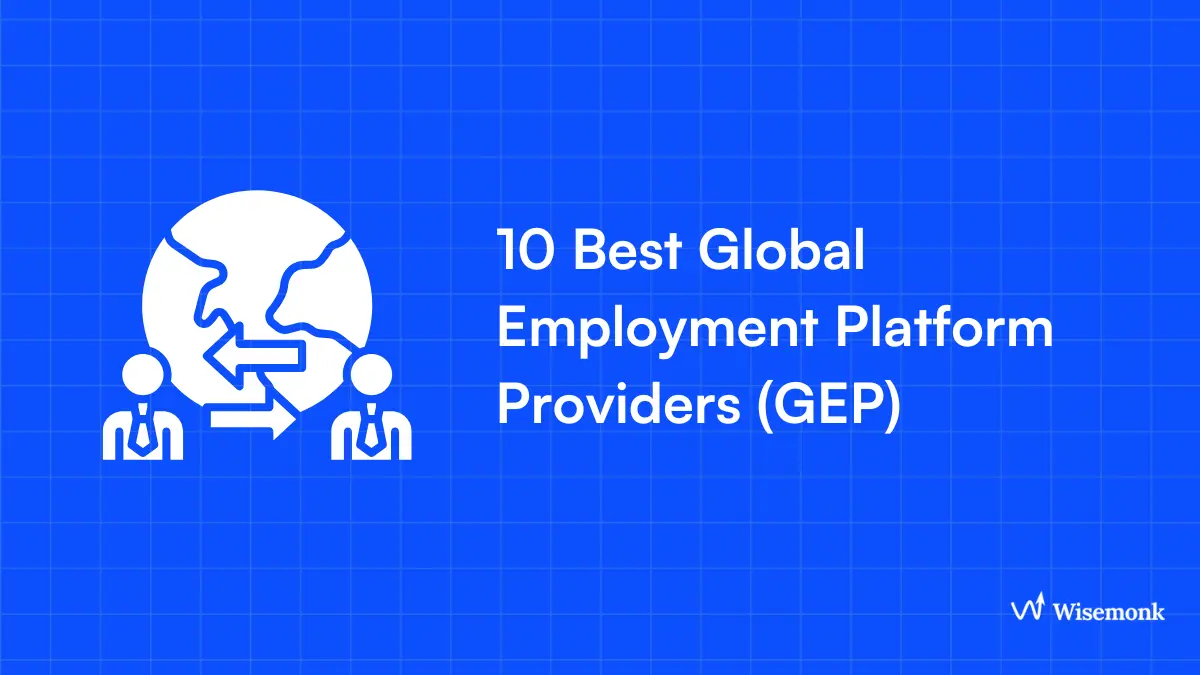
.webp)
